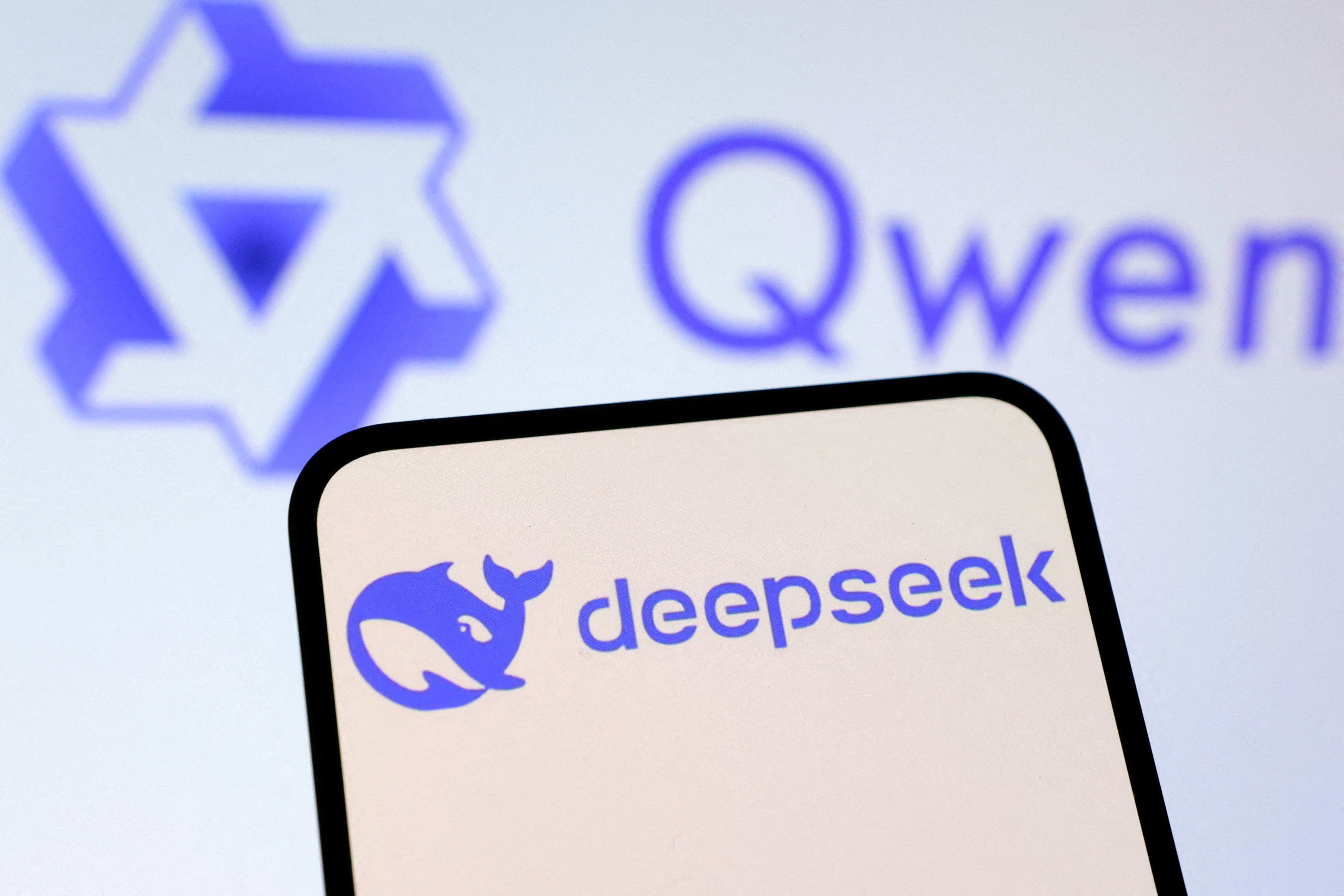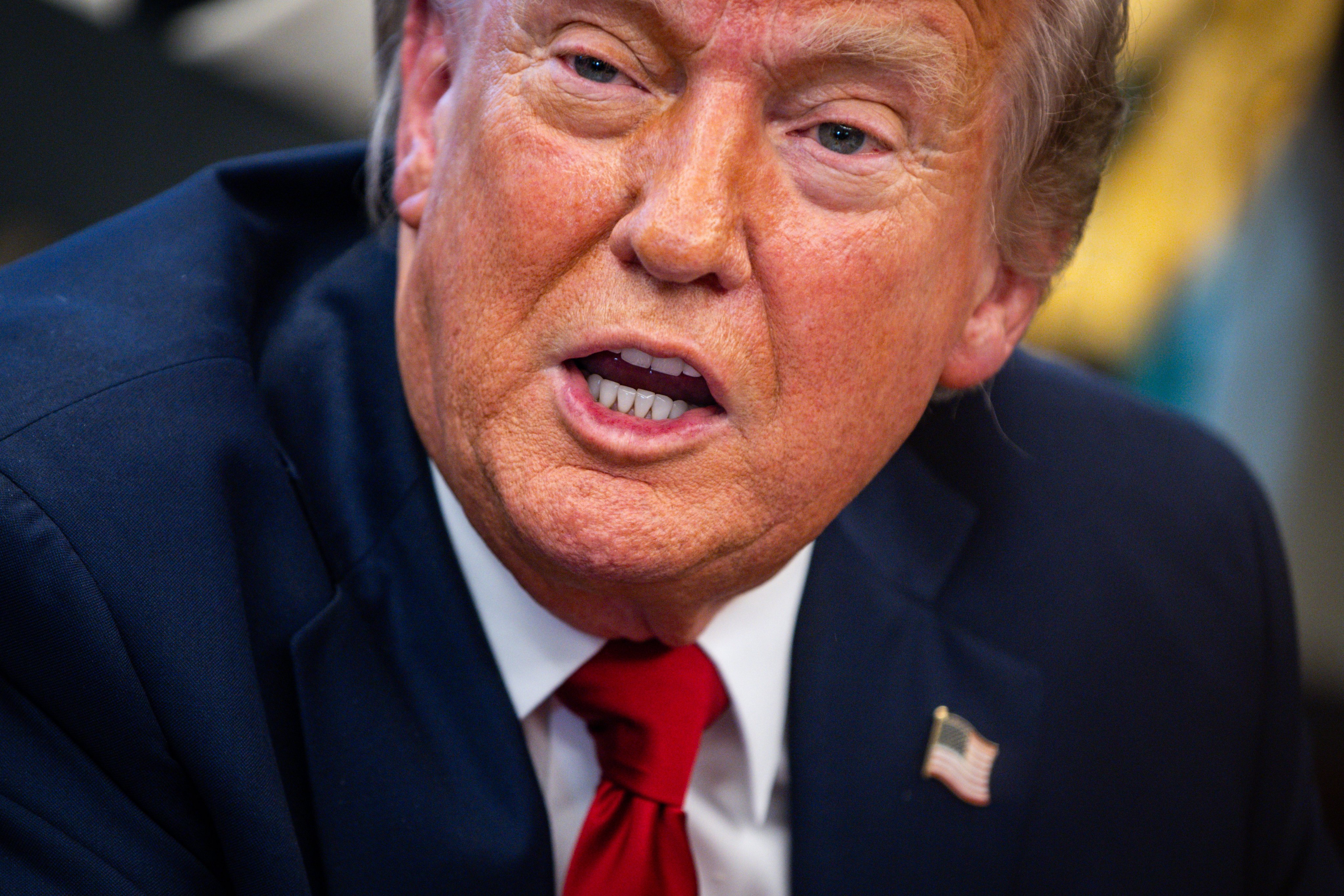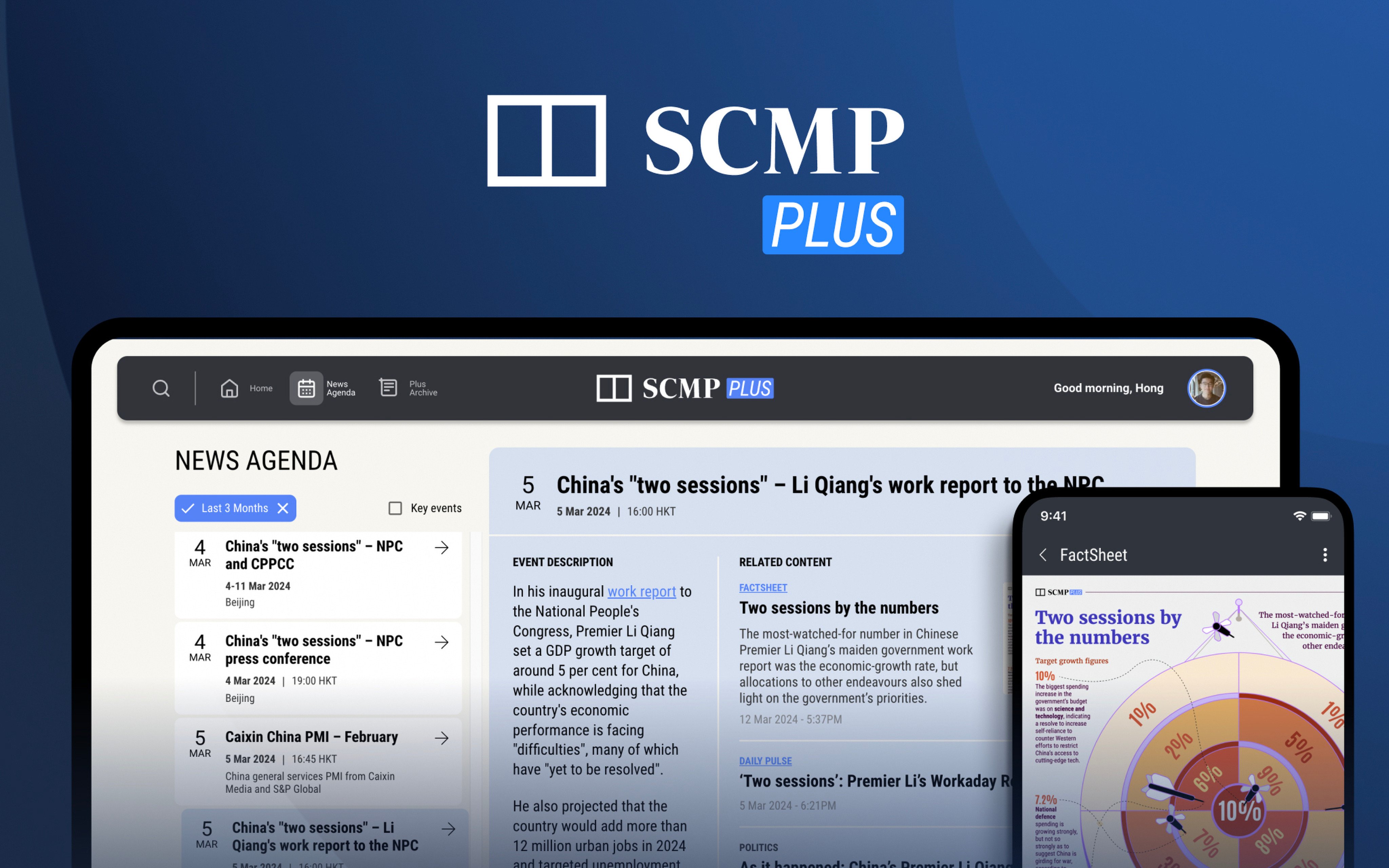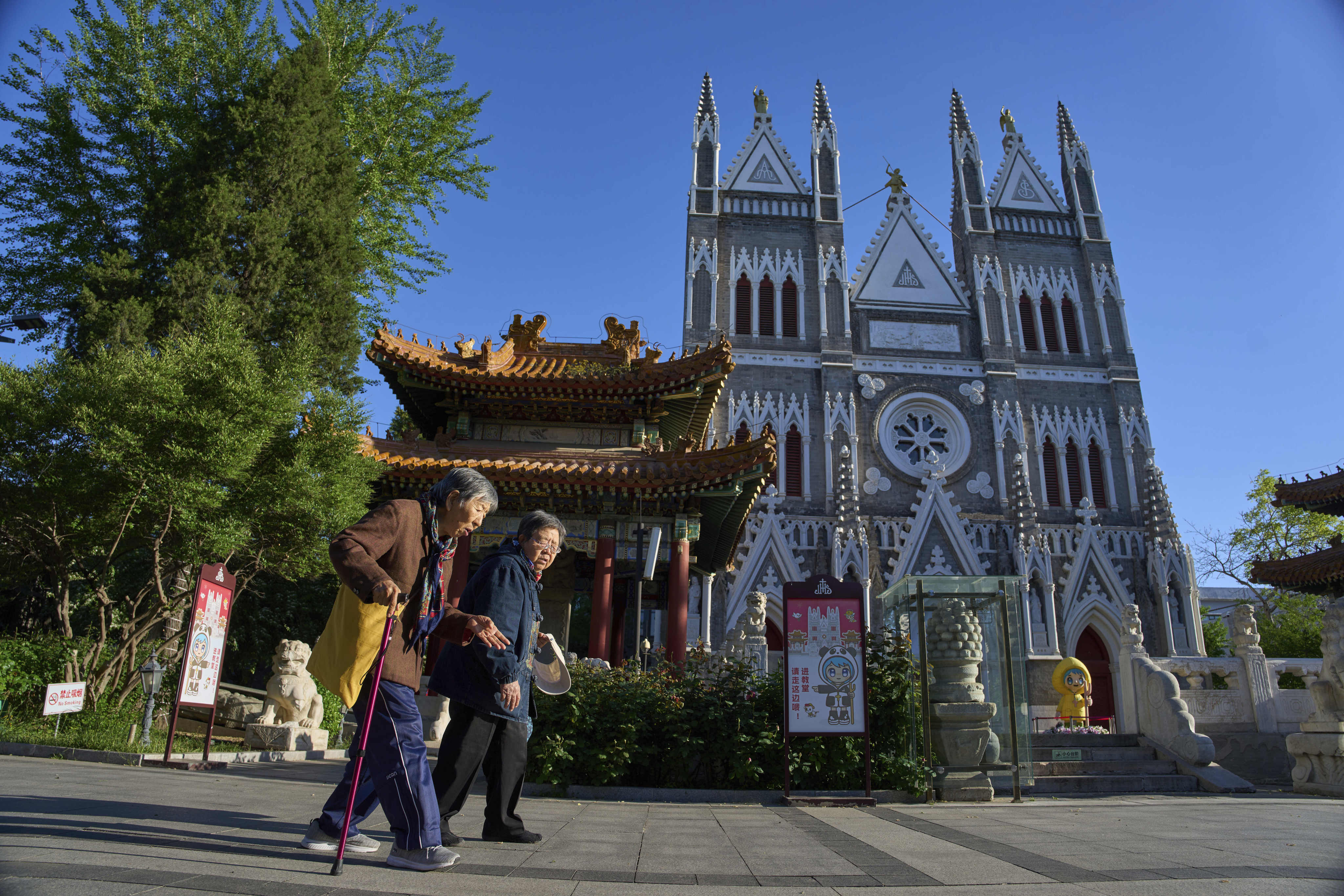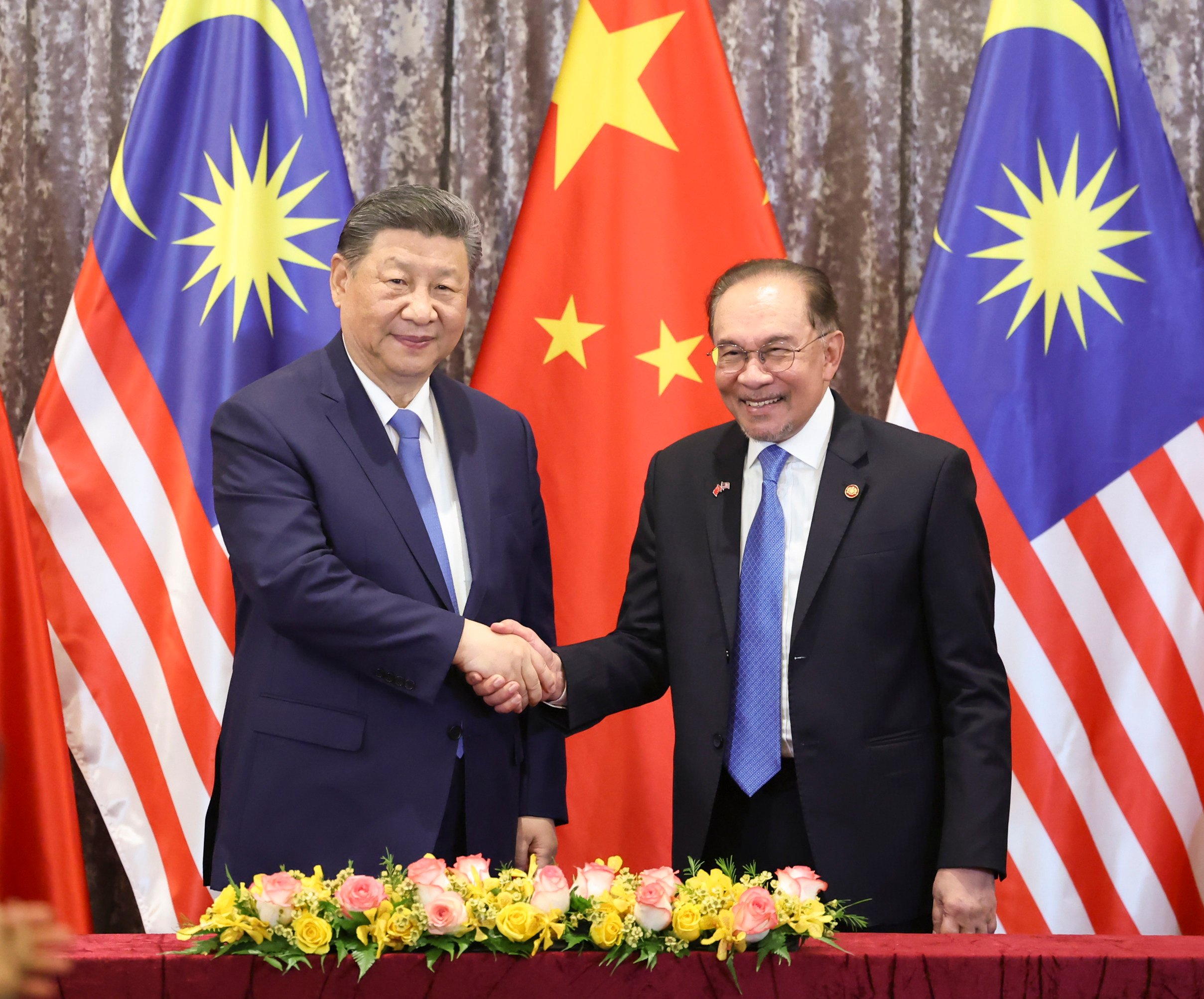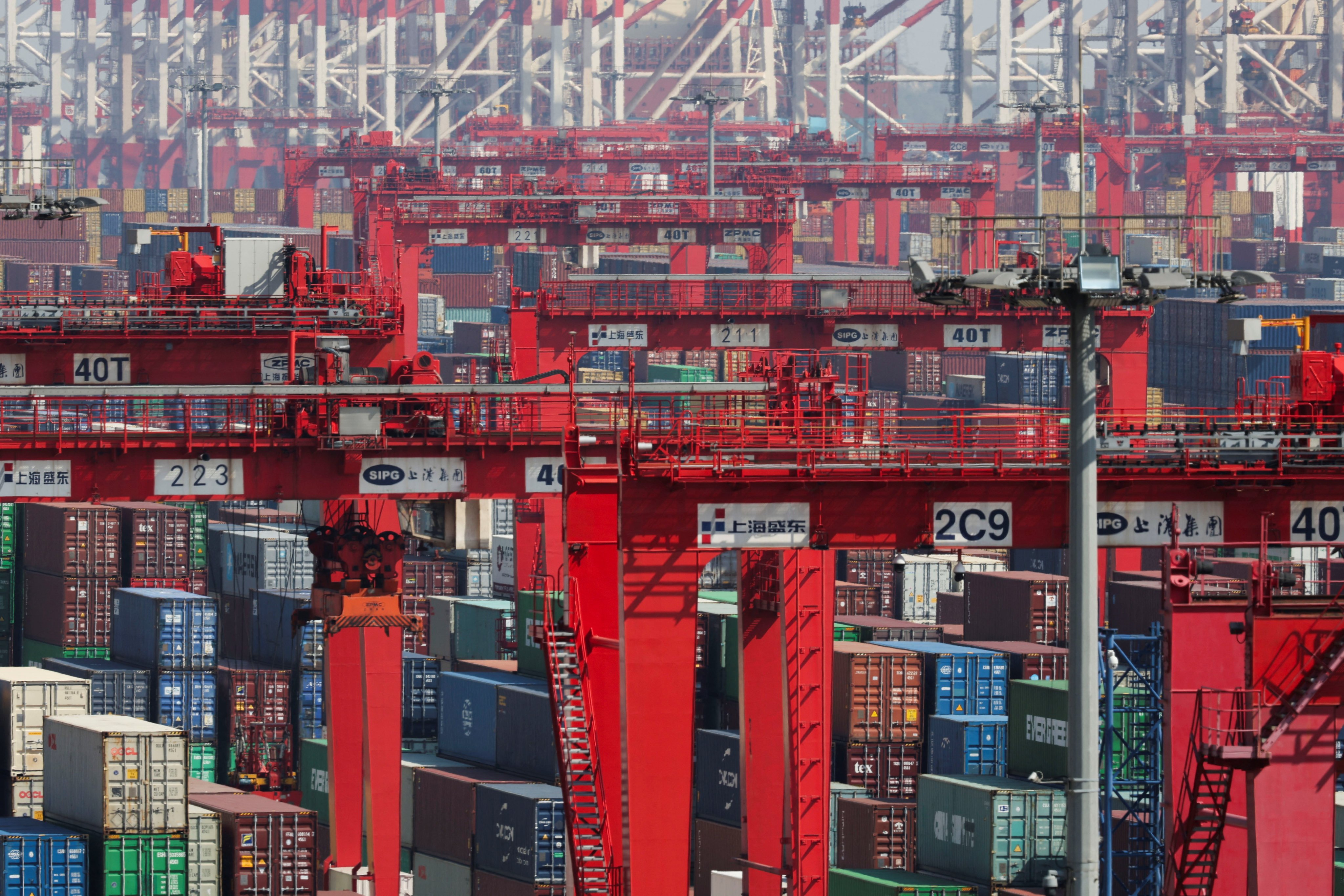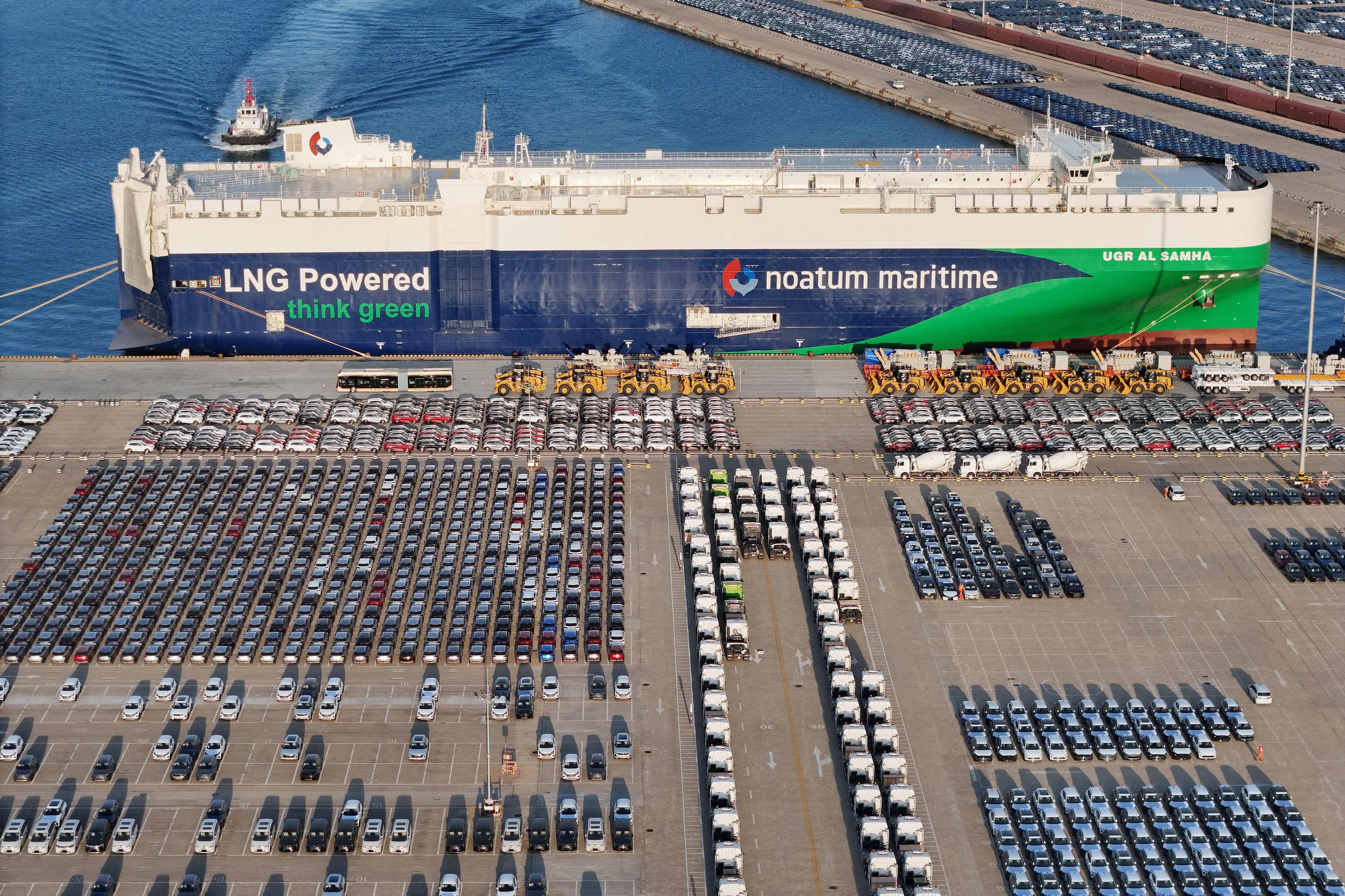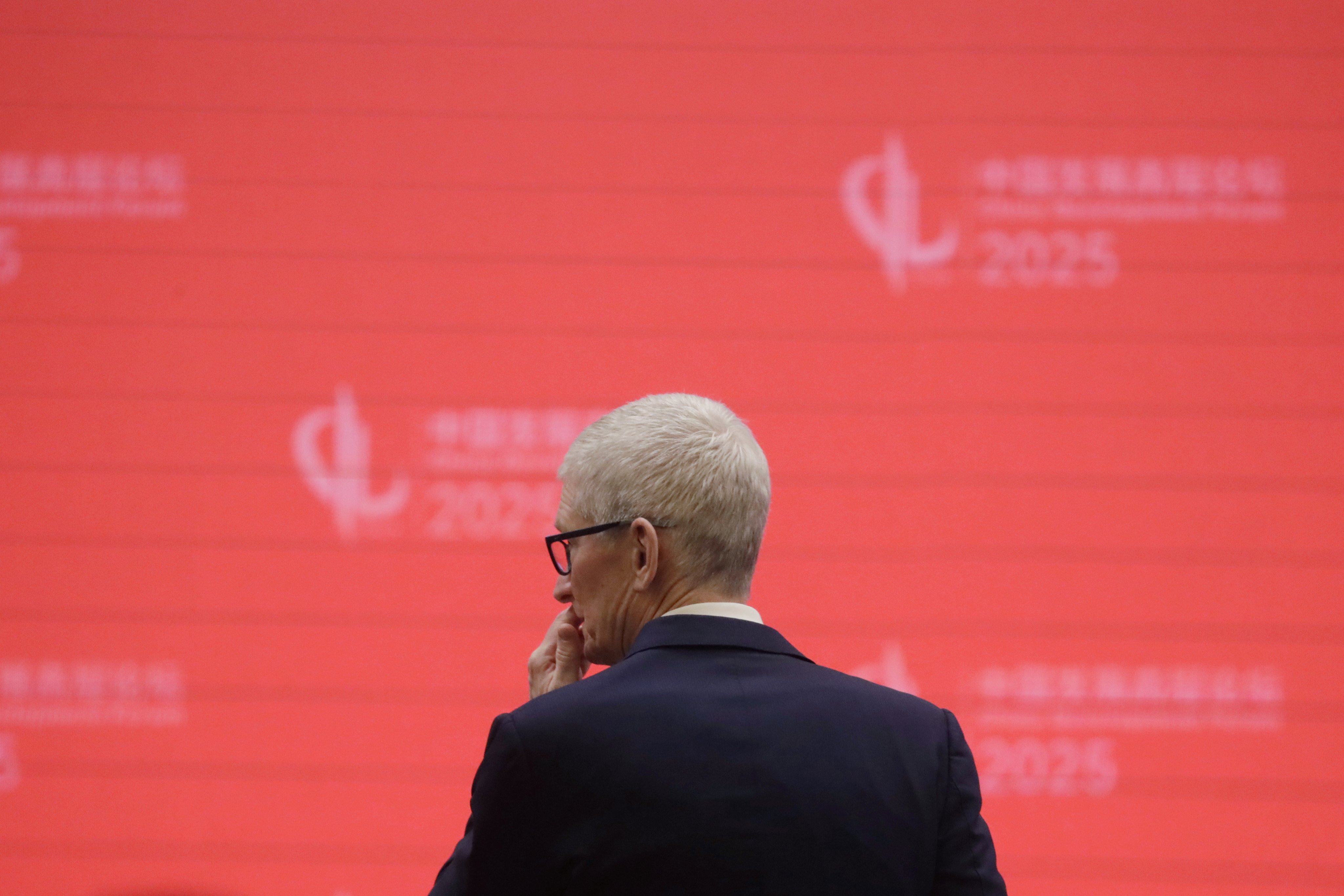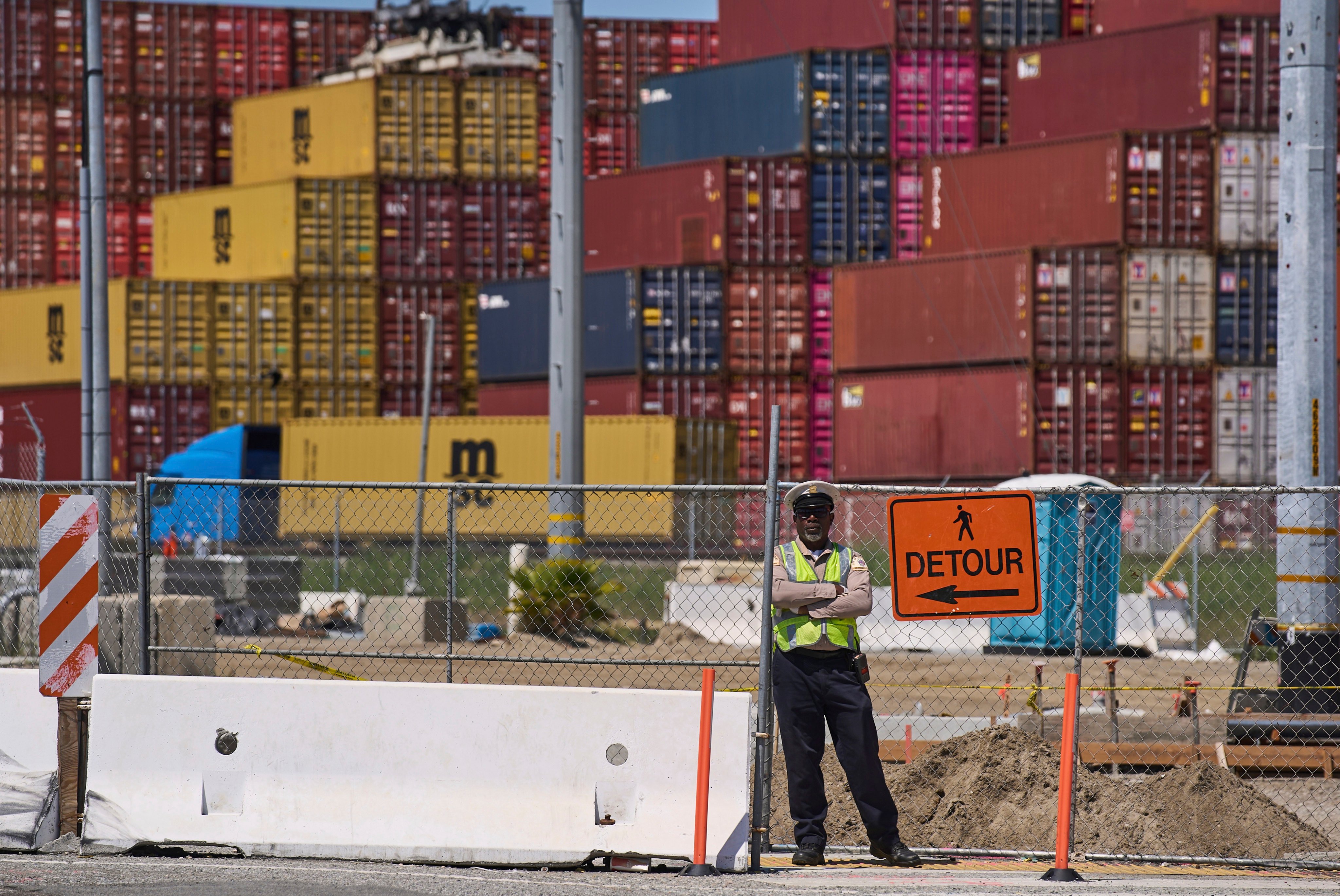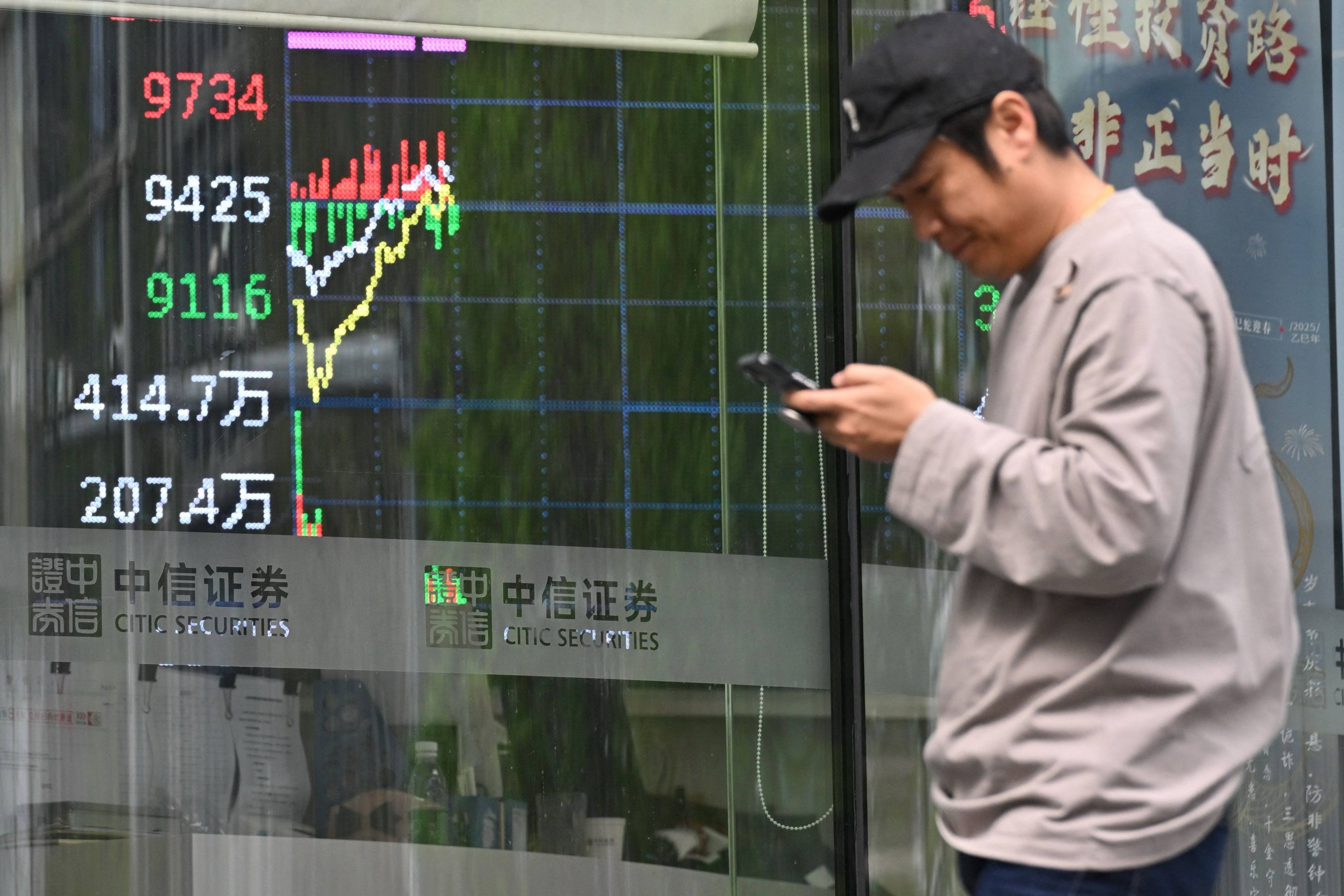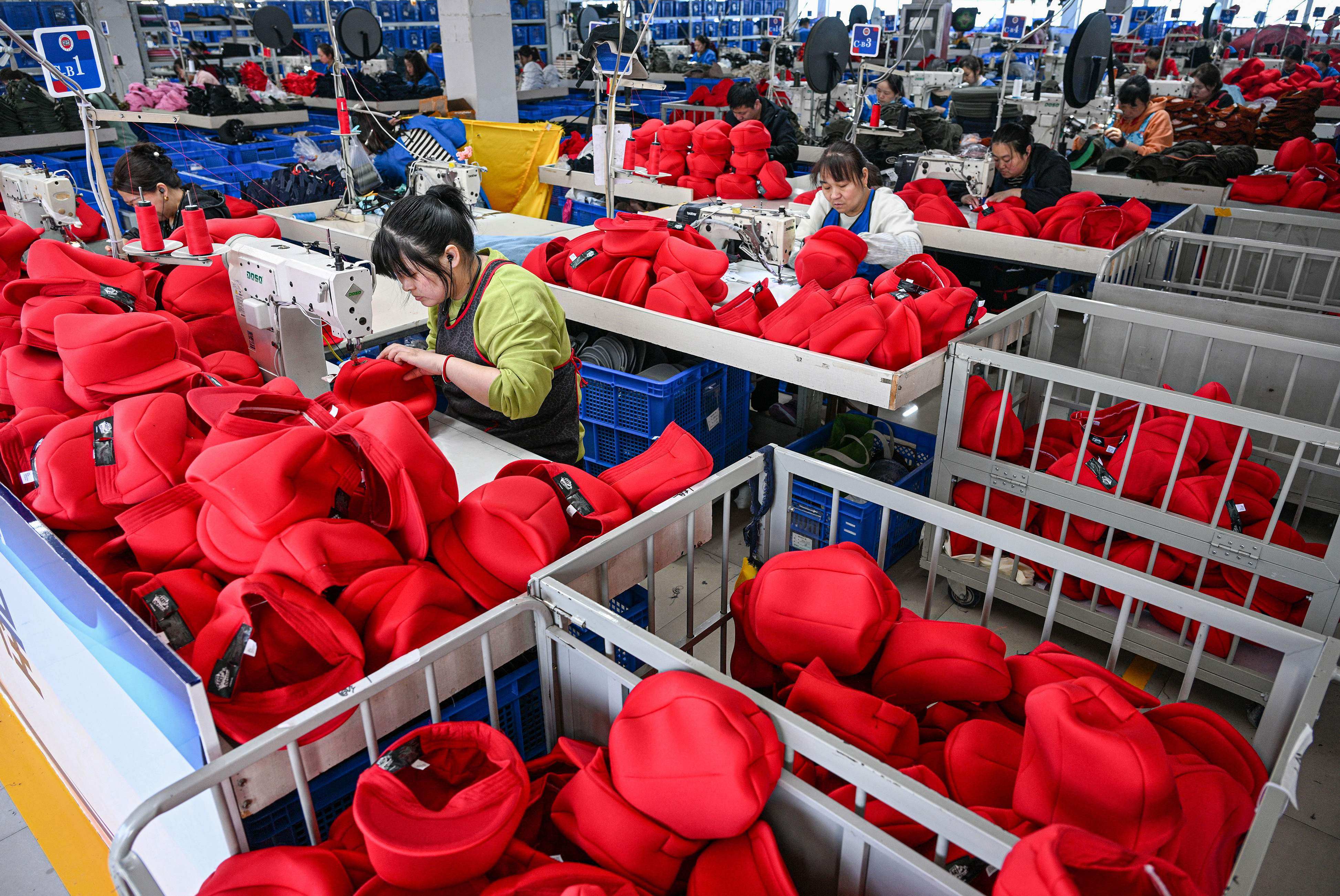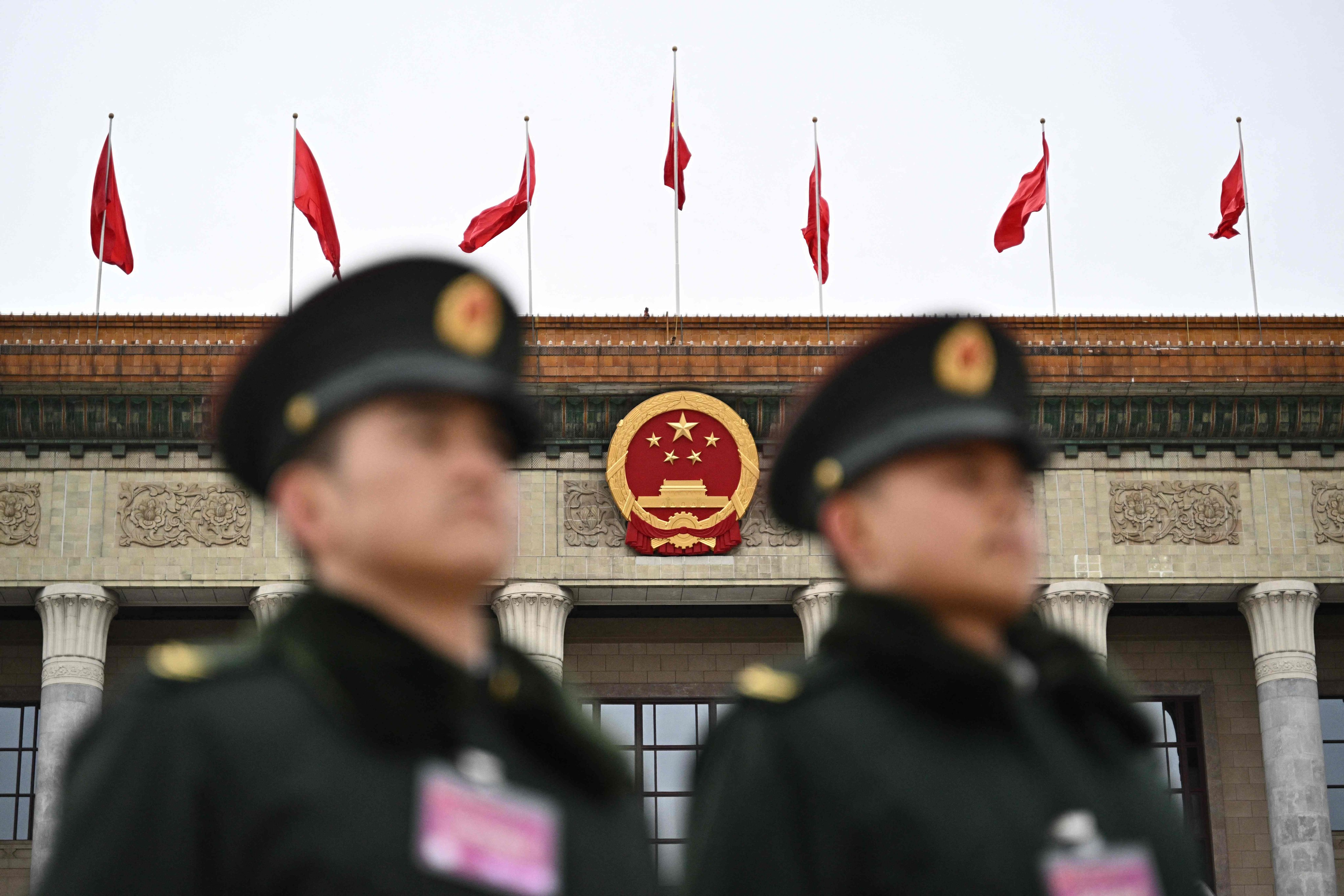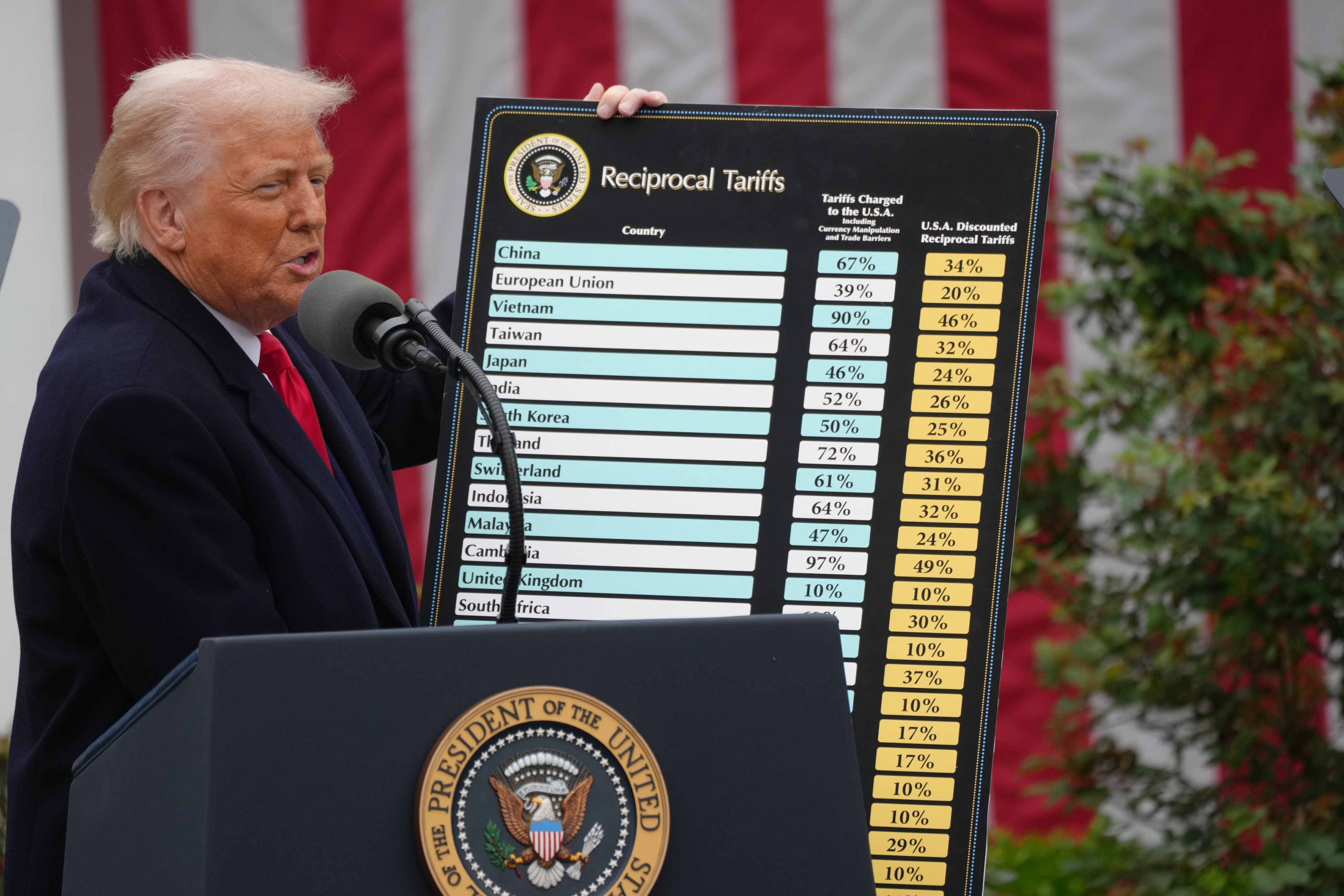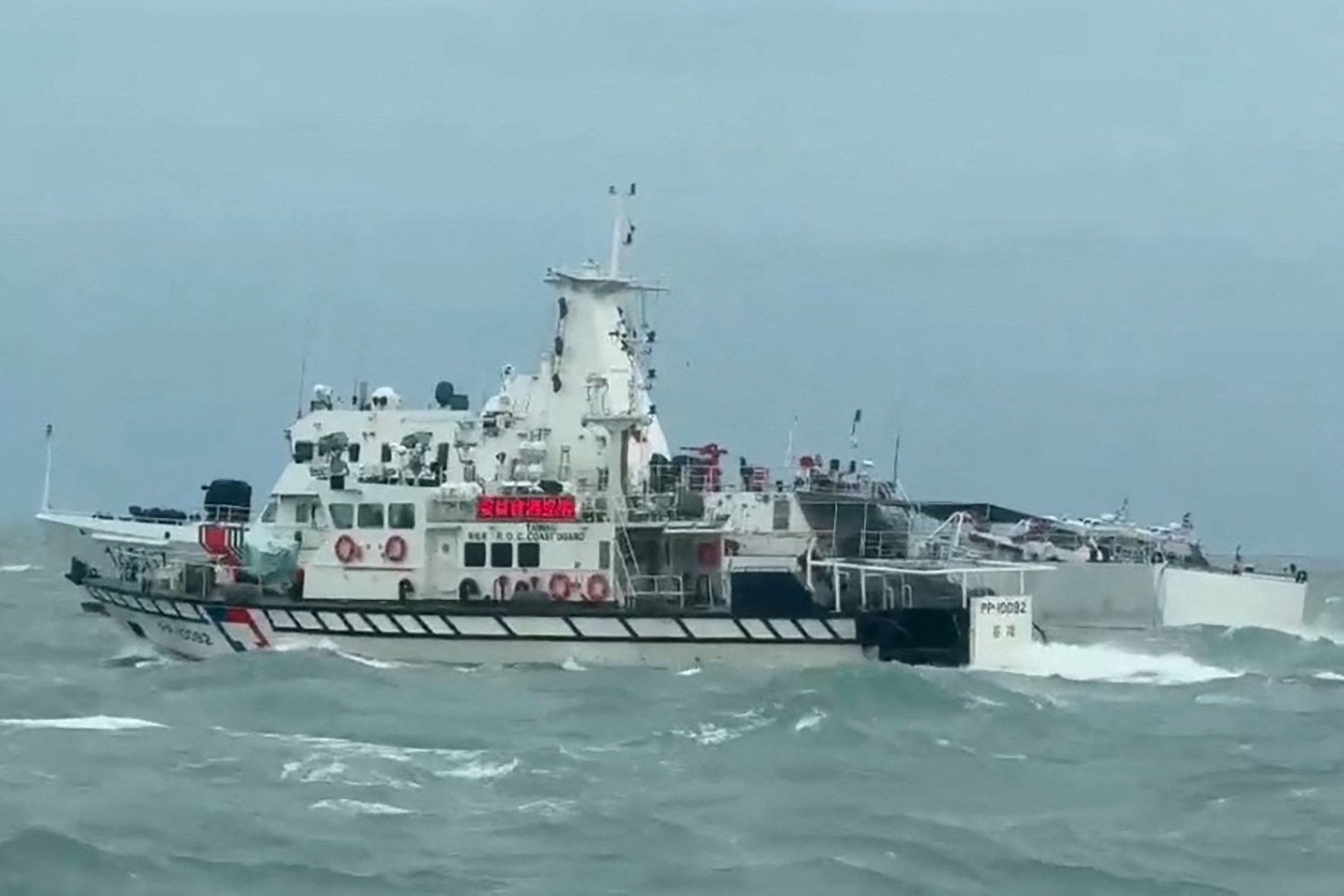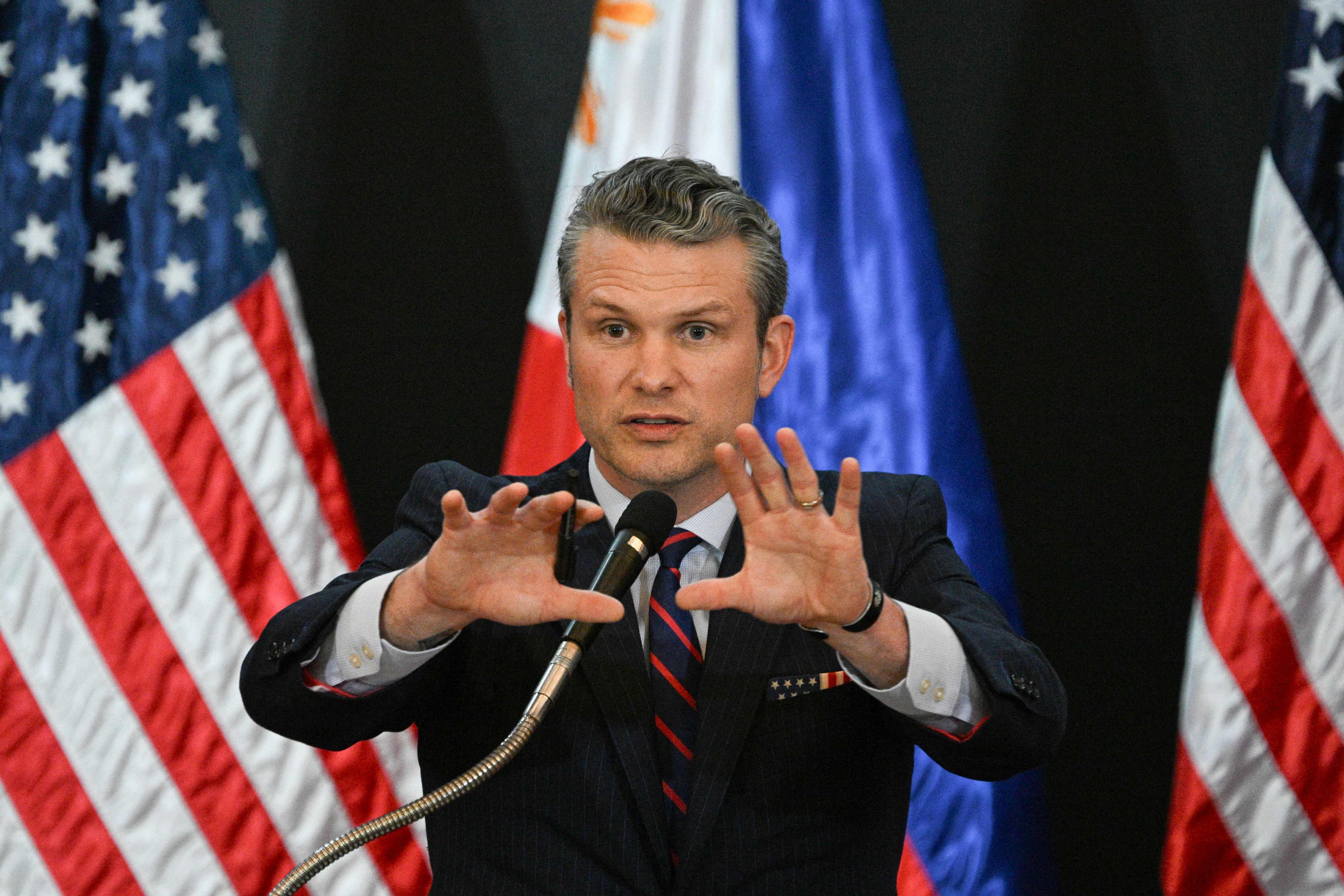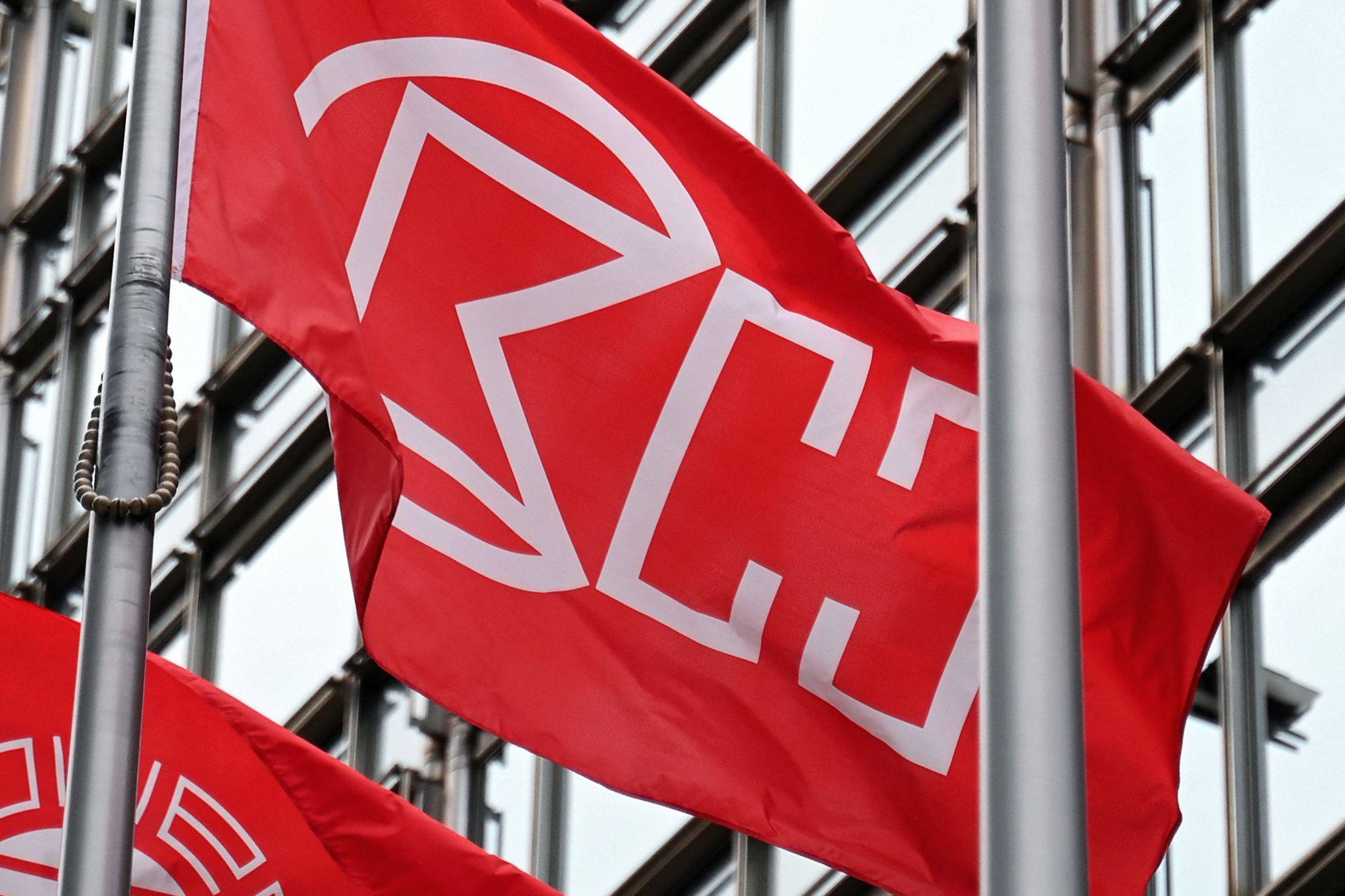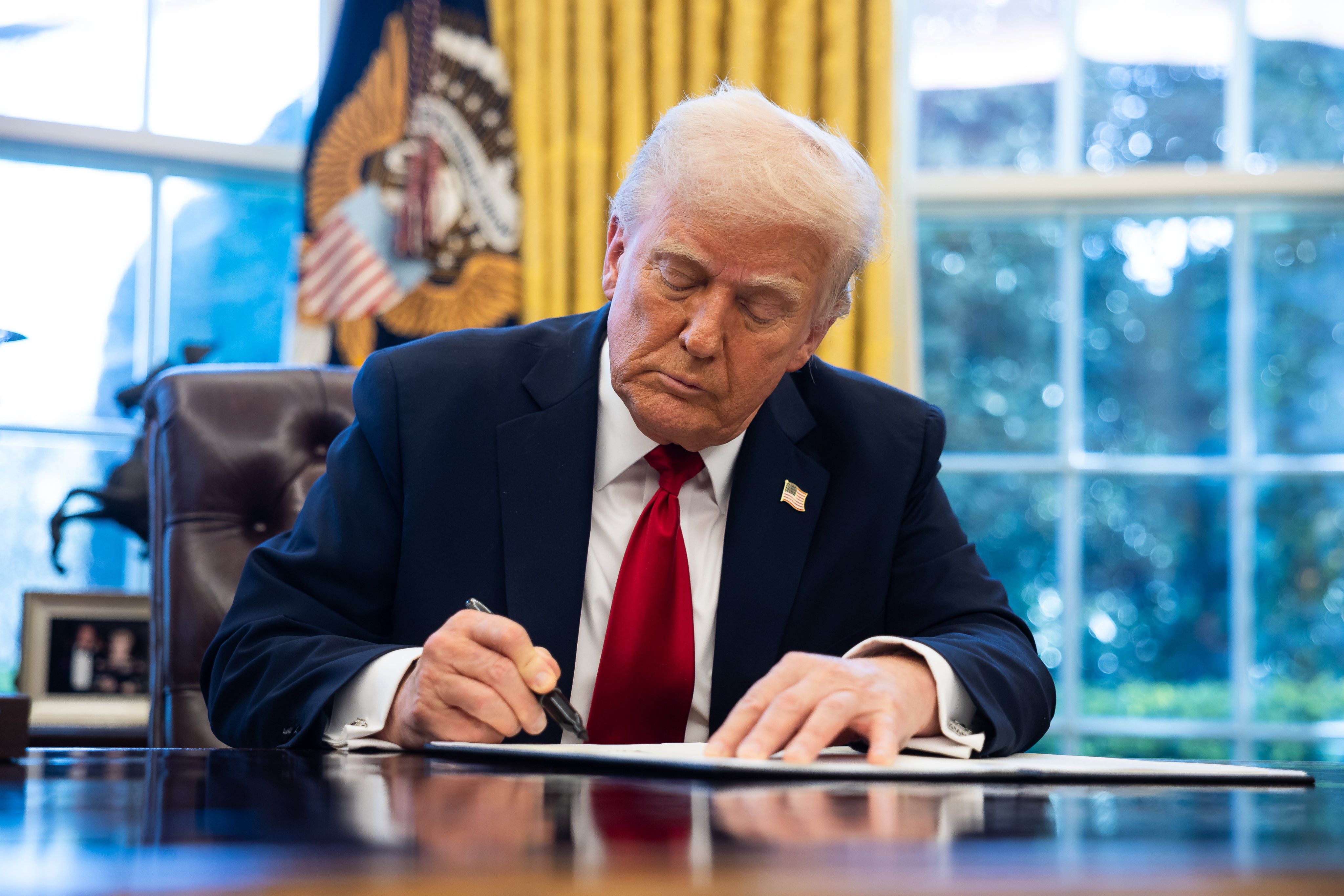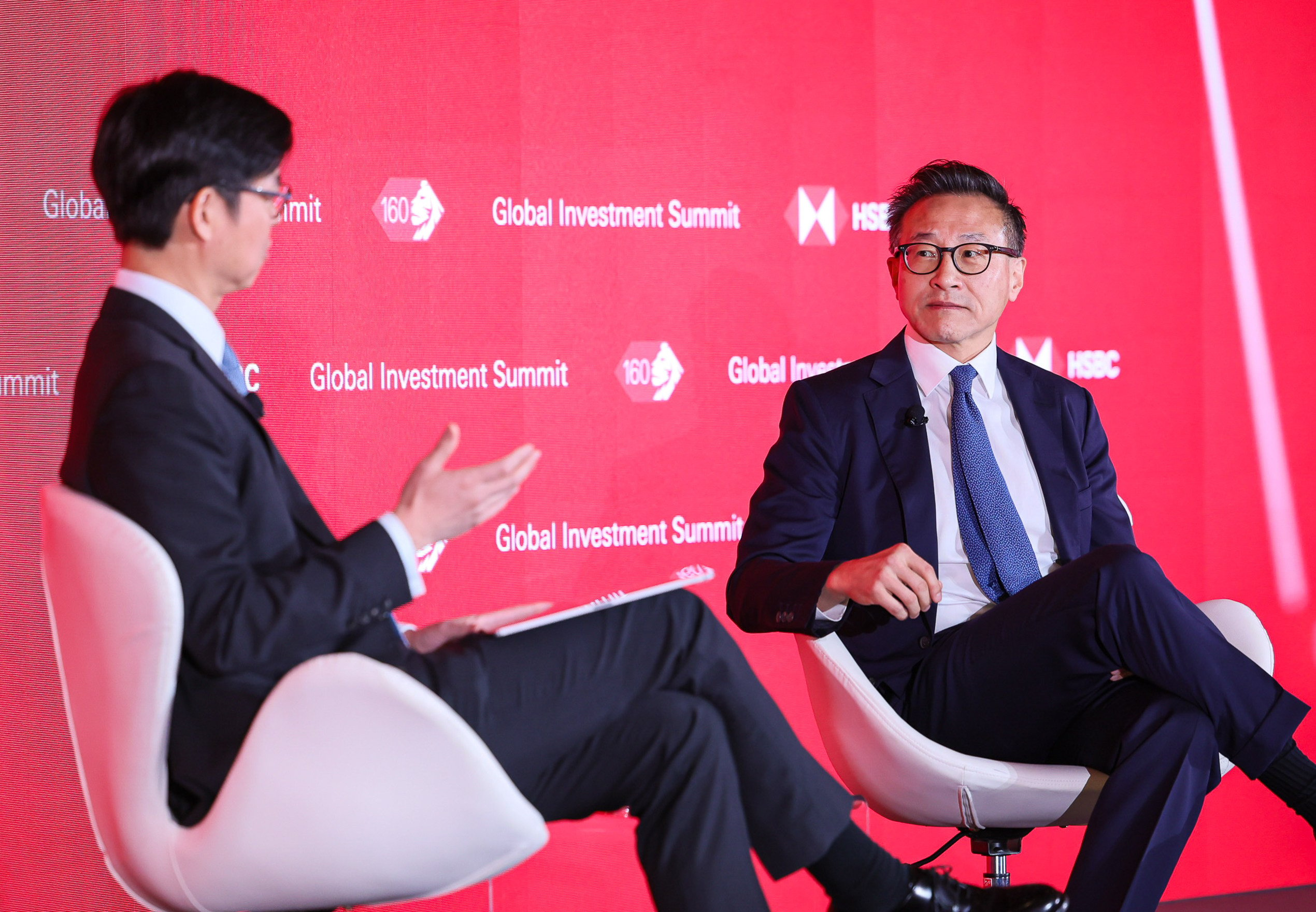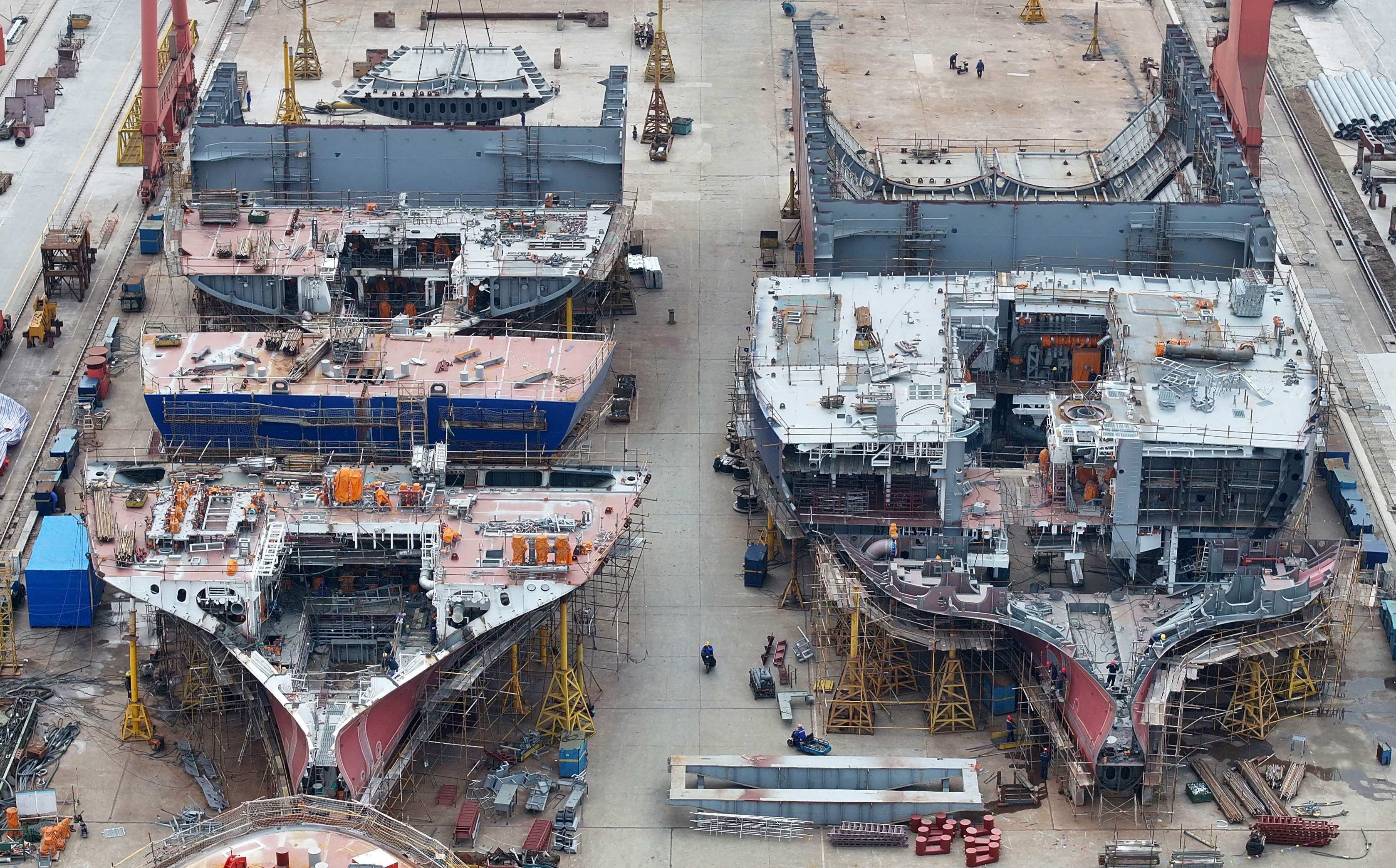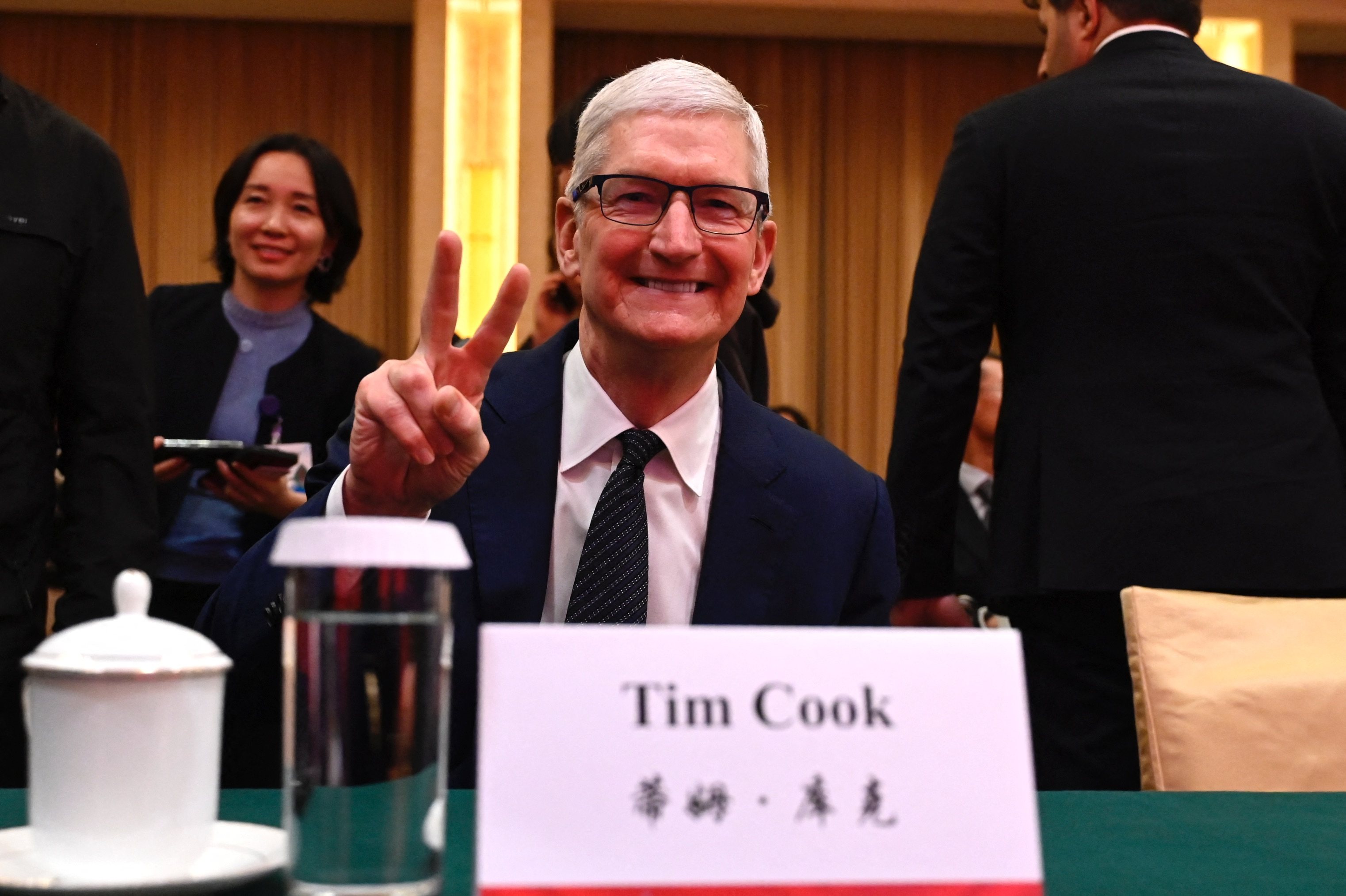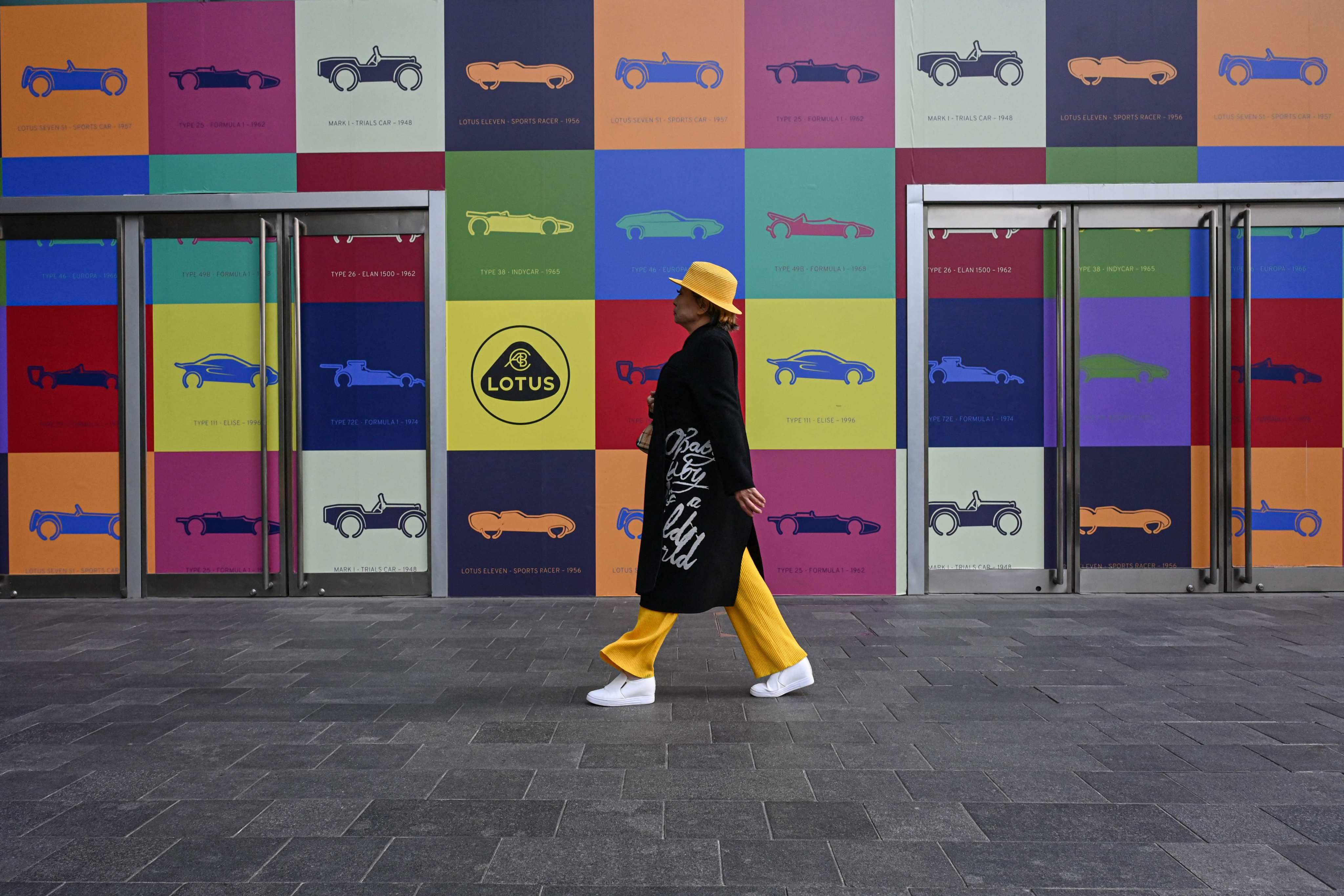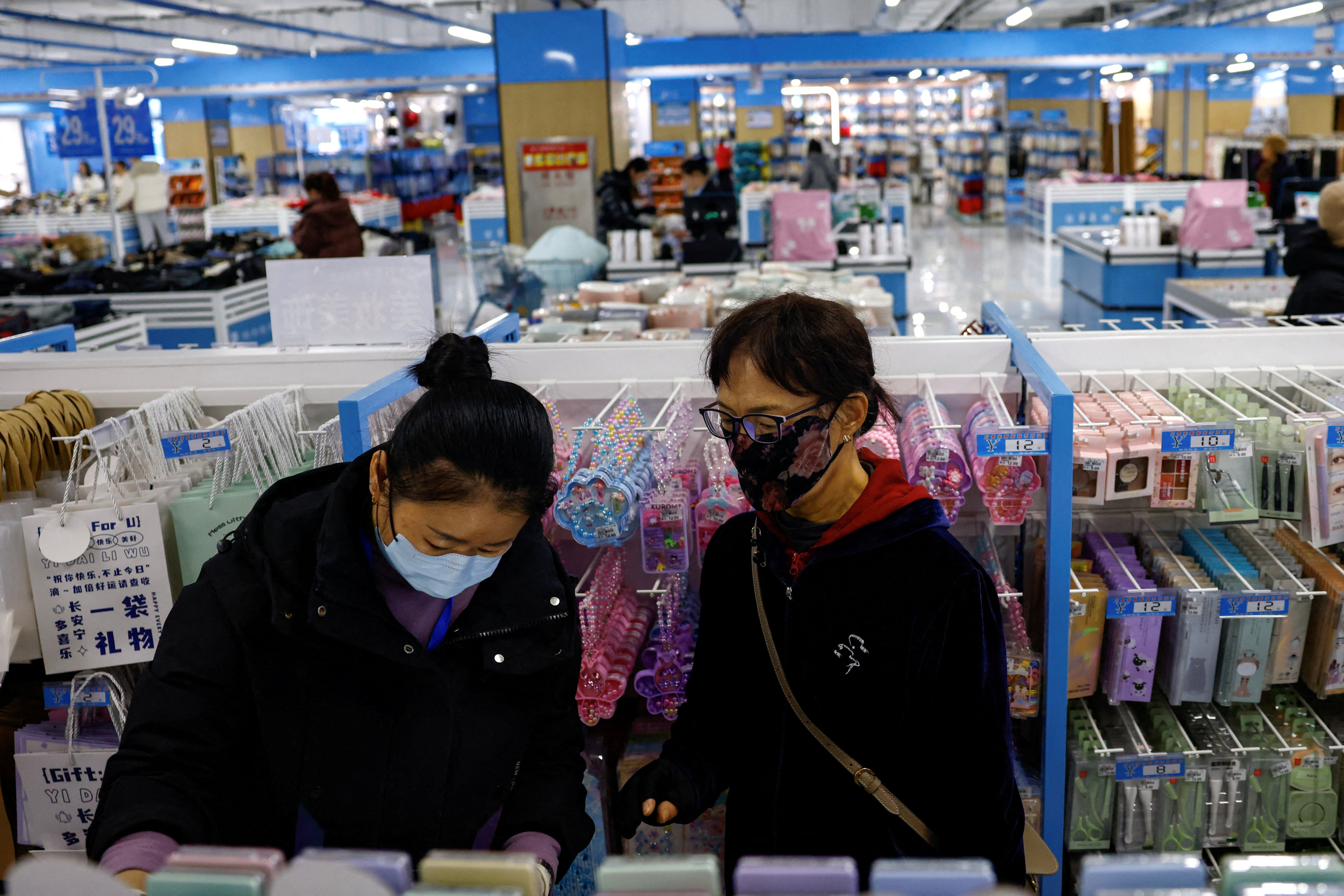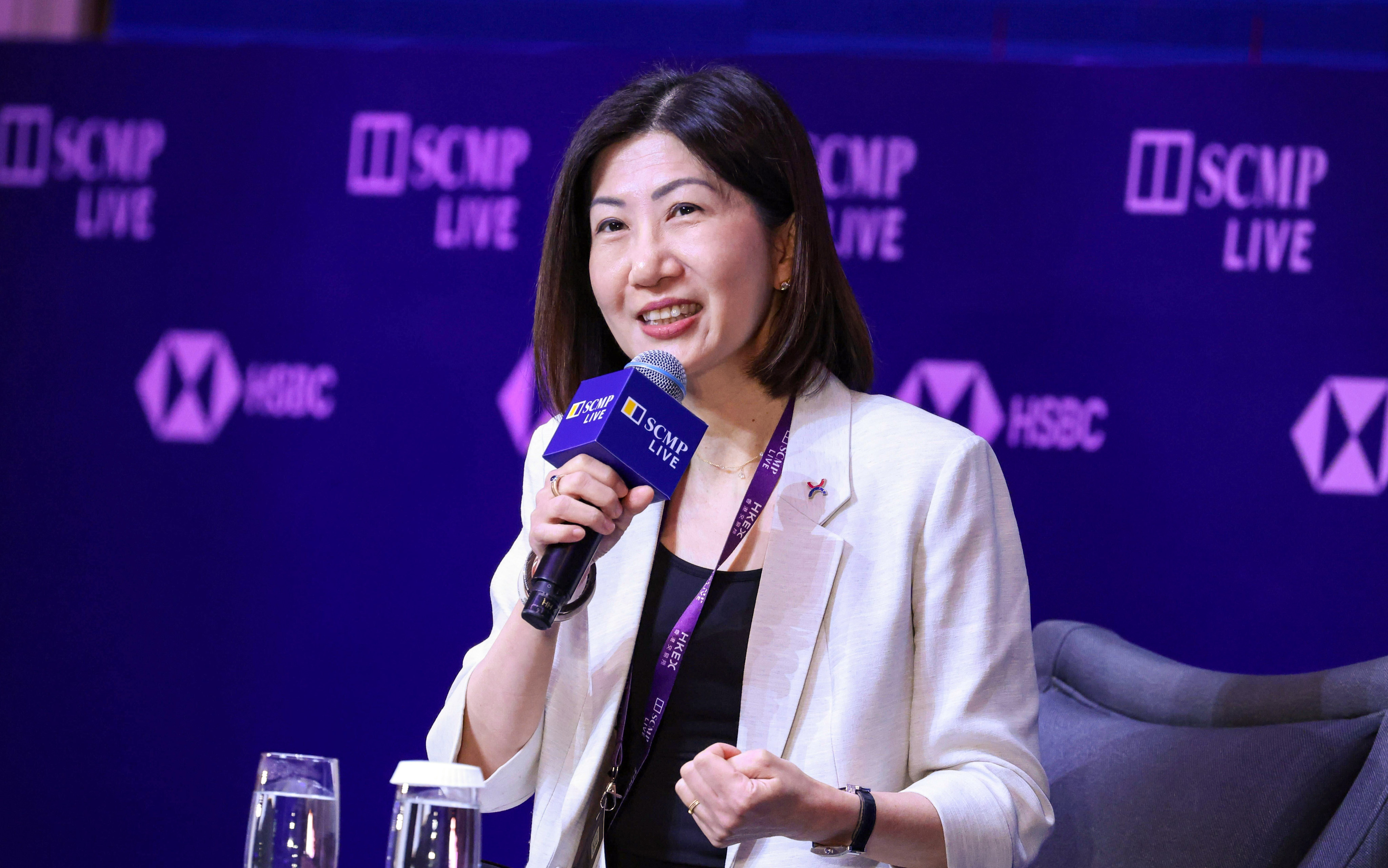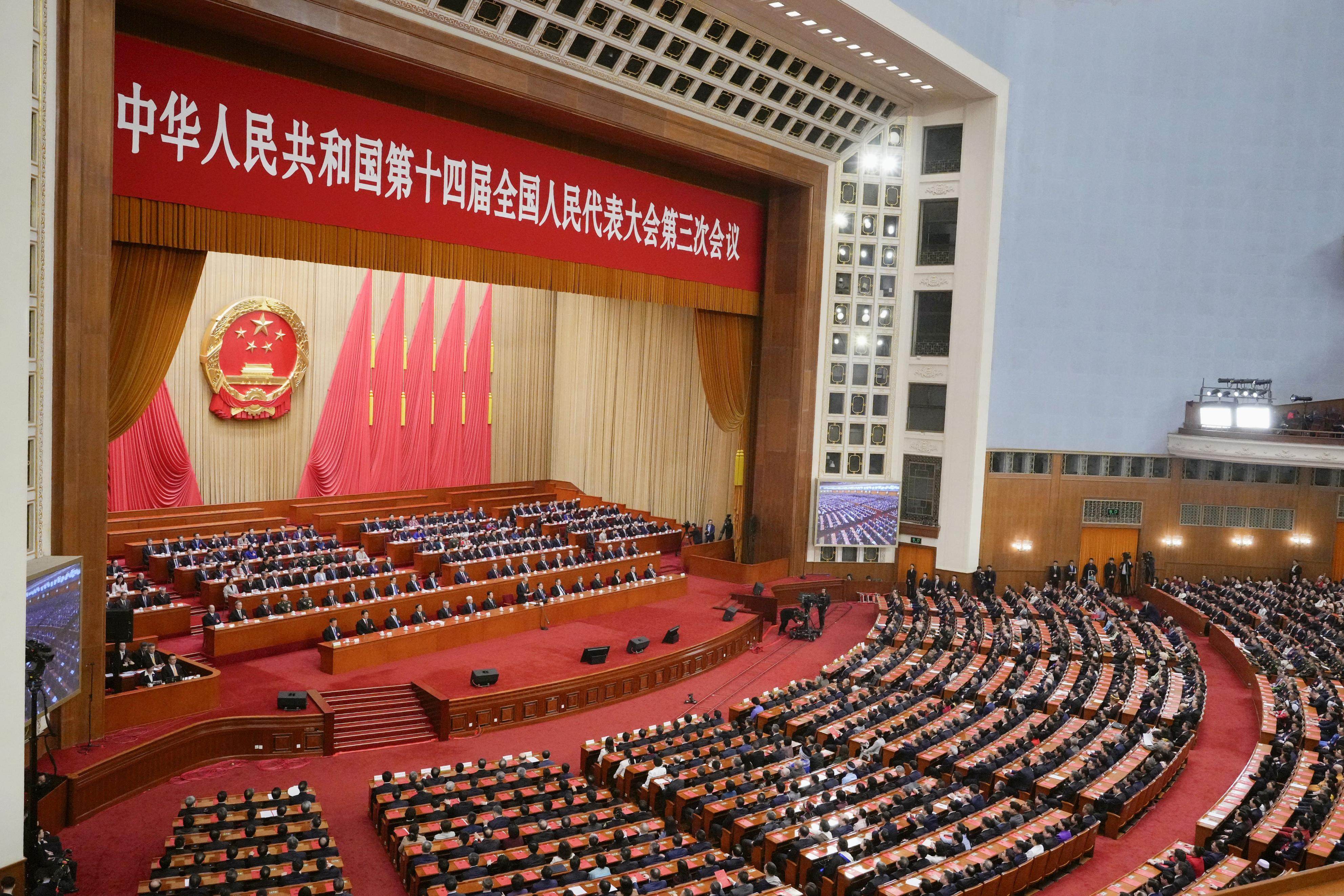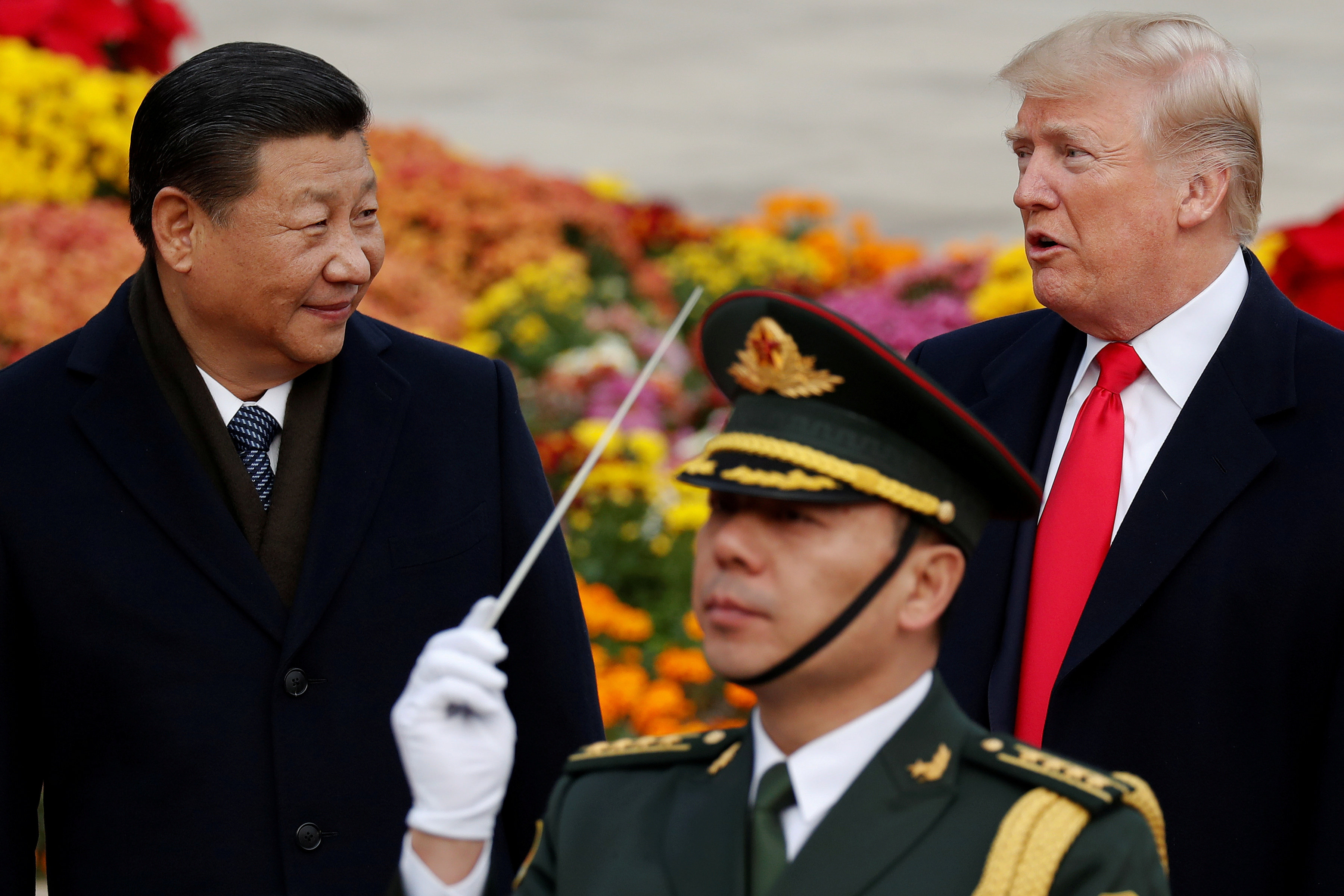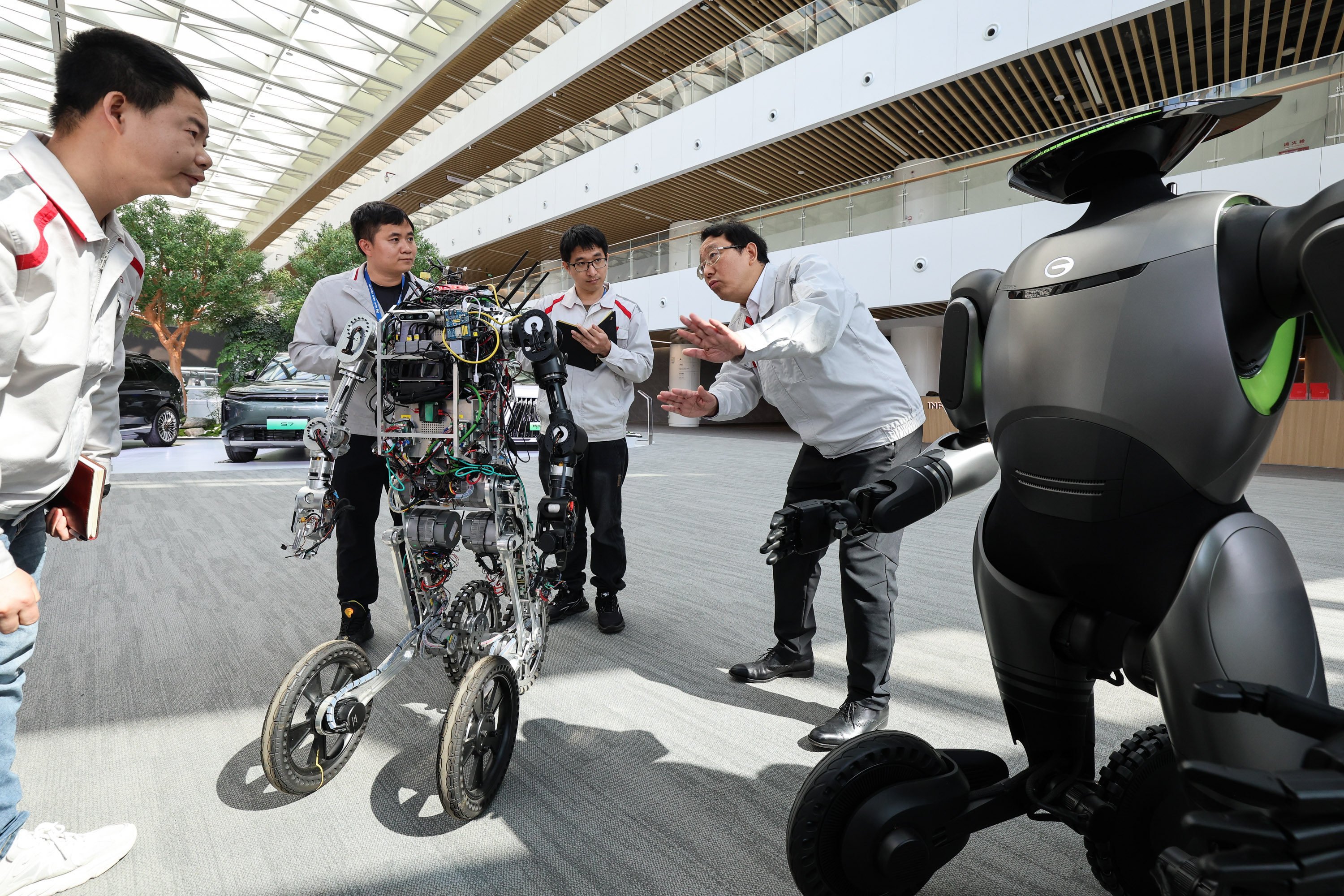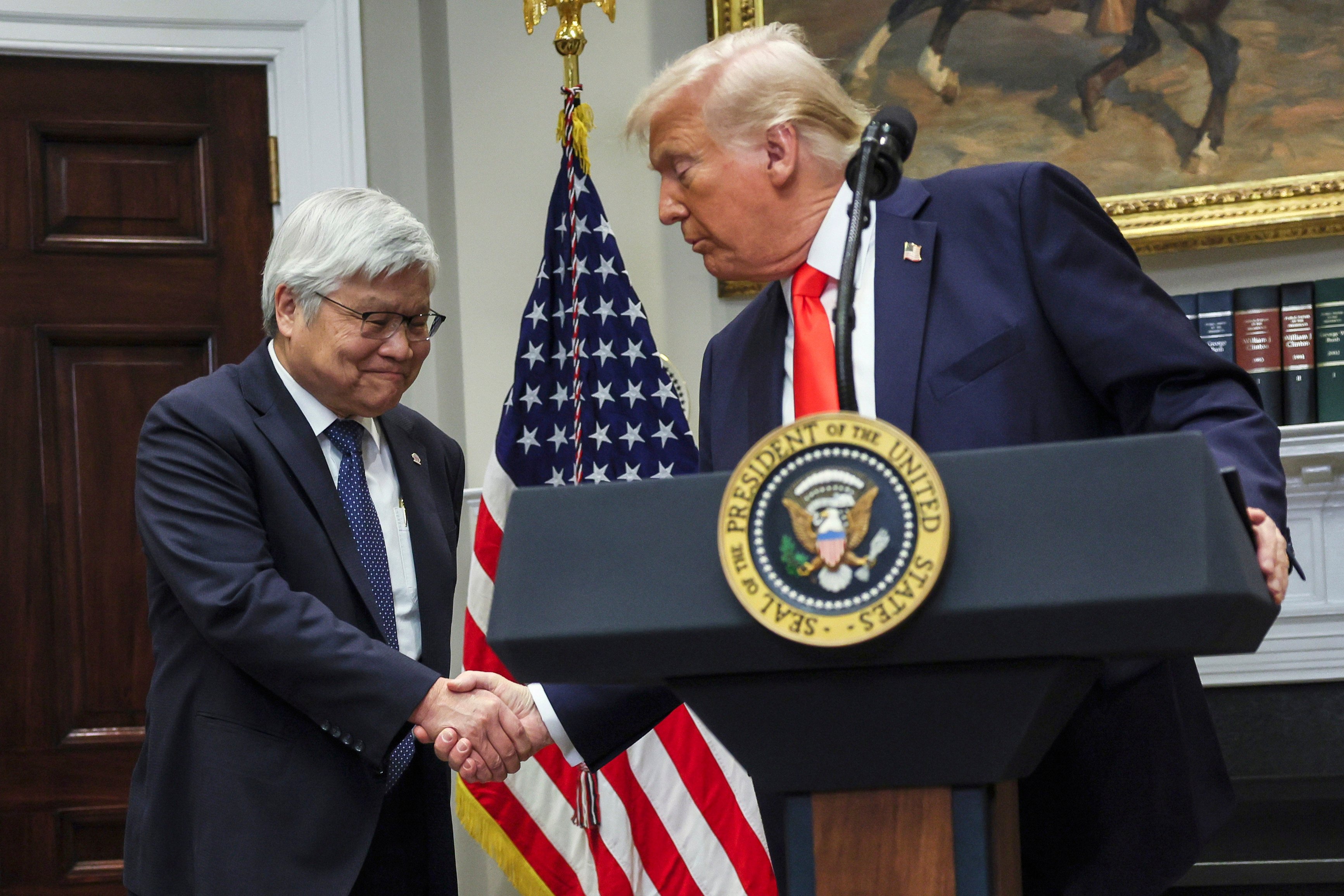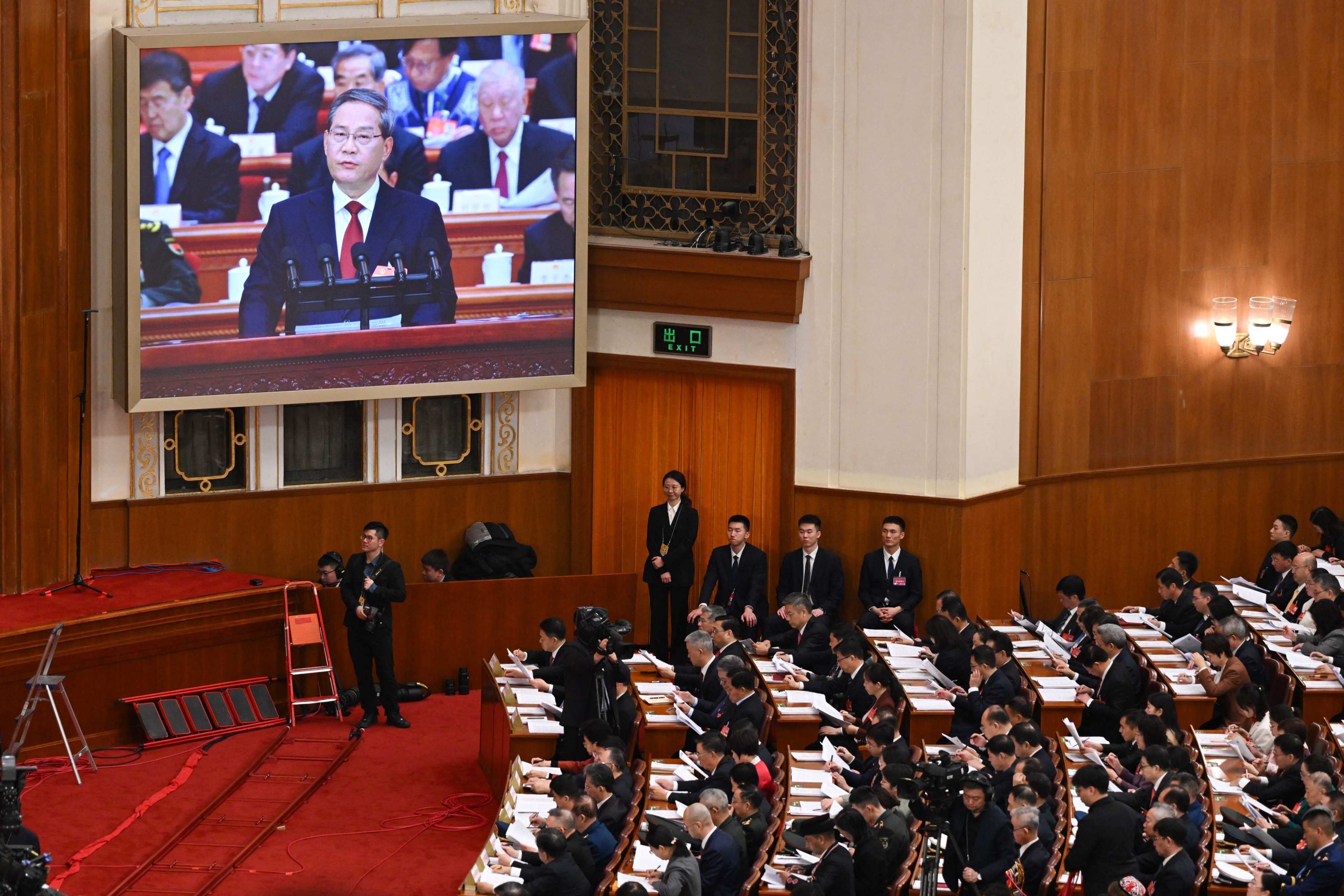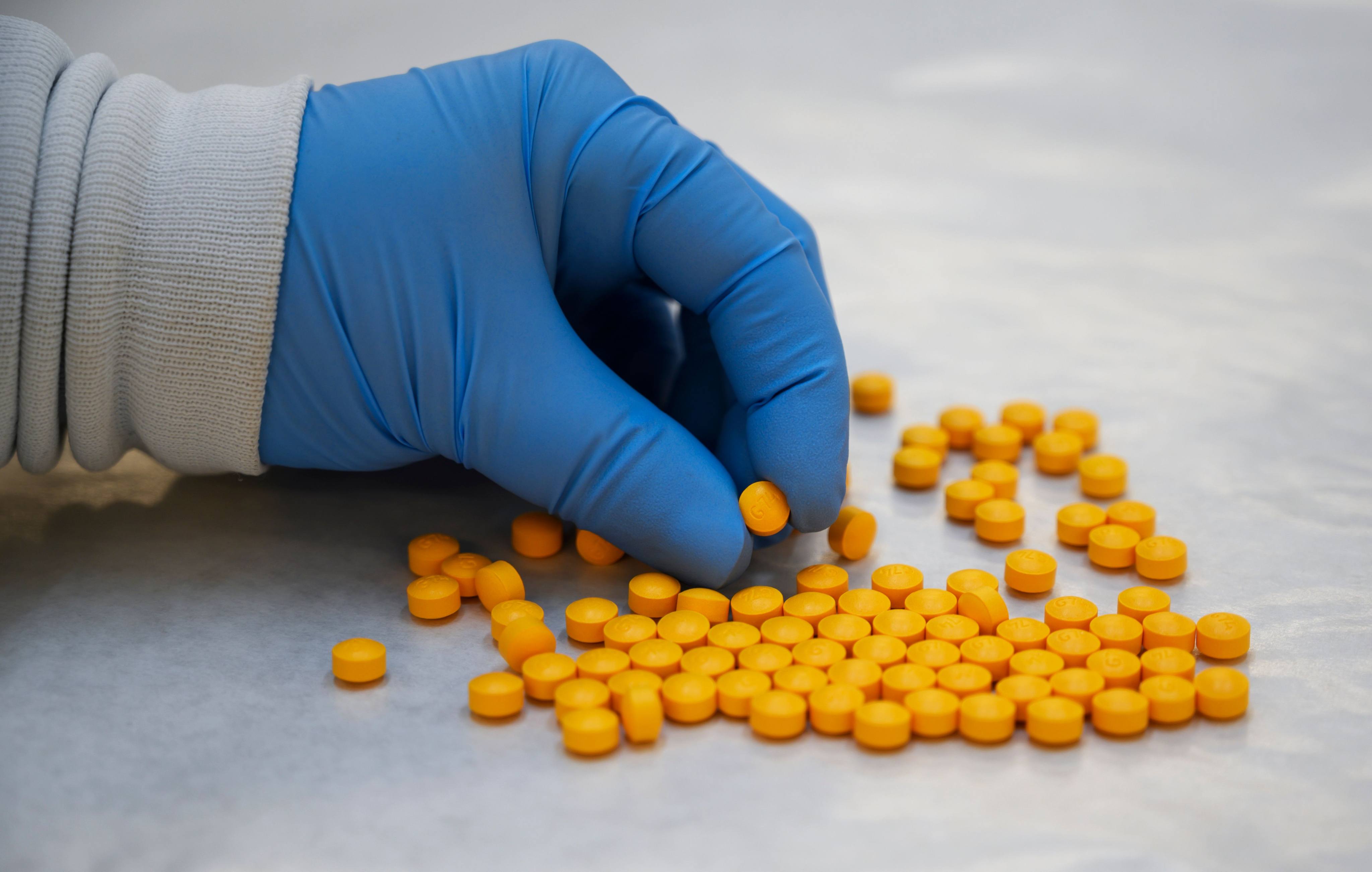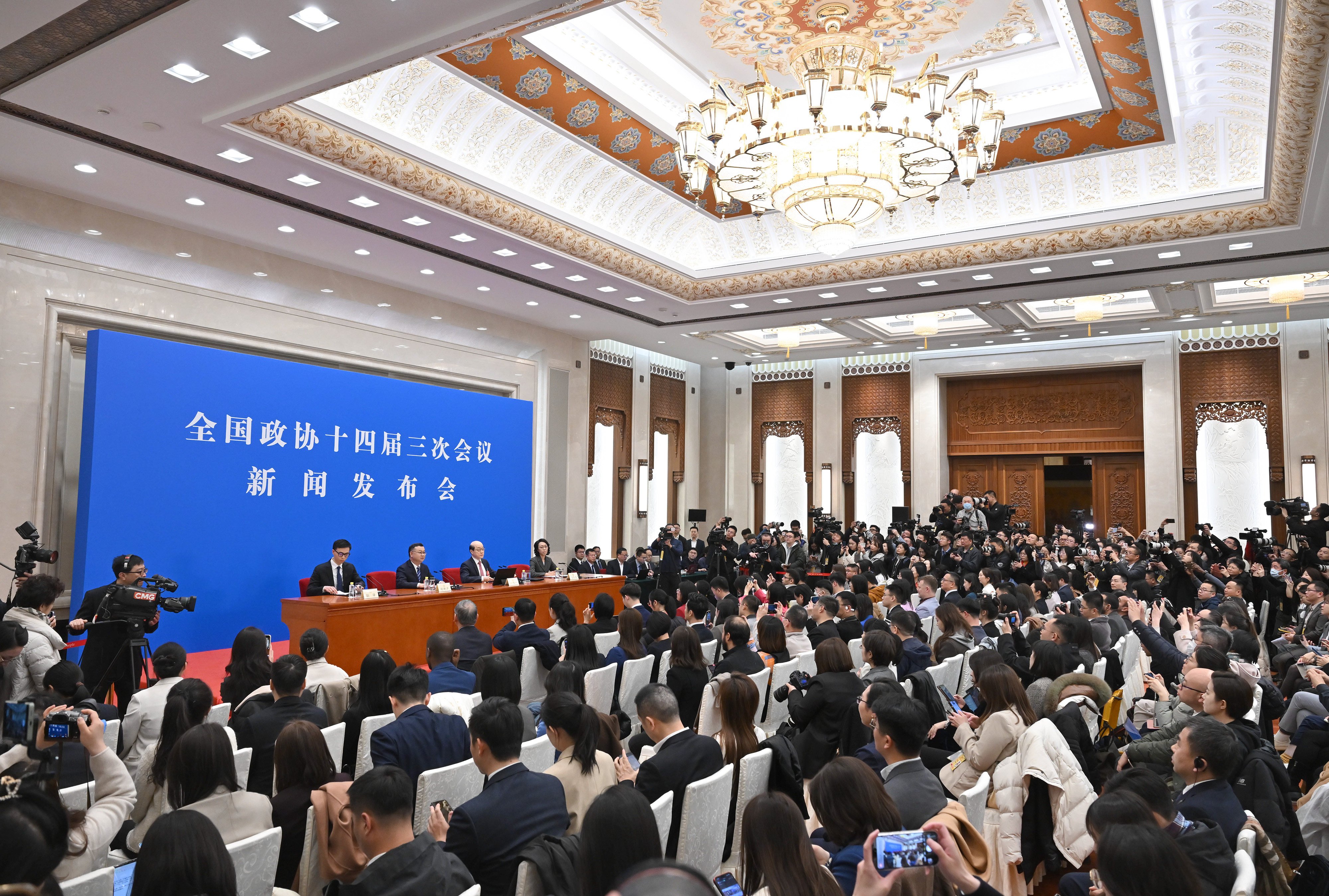China’s top policymakers have underscored the importance of artificial intelligence in economic development and the challenges faced in achieving AI self-reliance.
US President Donald Trump said adjustments of “very high” levies on Chinese imports could be part of a wider revision of tariffs.
The Post’s premium subscription product won the top award in the digital category at the World Association of News Publishers, or Wan-IFRA, event.
China conveyed condolences to the Holy See a day after the pope died. Francis presided over a thawing of relations with China, though the thorny issue of Taiwan awaits a successor.
In a swing through Vietnam, Malaysia and Cambodia, Chinese President Xi Jinping solidifies trade and diplomatic ties, signing dozens of bilateral pacts.
First-quarter GDP rose by 5.4%, and March data mostly aligned with the relatively strong economic-growth print, but the US’ tariffs challenge is looming.
March exports notched a 12.4% rise on year, while imports slipped 4.3%, extending a trend that analysts say is unlikely to be sustained as US tariffs head higher.
The US president has carved out electronics for separate tariff treatment, in what appears to be a reaction to pain felt by big American manufacturers like Apple to massive ‘reciprocal’ tariffs on goods made in China.
The US decision to hit pause on steep tariffs for dozens of trading partners but not China leaves only two belligerents in Trump’s latest trade war.
Beijing’s support for the stock market provides a respite for Chinese shares, and some sectors are looking more robust than others, but overall sentiment remains bearish.
Trump’s latest volley against China – pledging an additional 50 per cent in tariffs – puts paid to any hopes of quickly fixing the bilateral trade relationship.
Beijing not only matched Trump’s 34 per cent additional tariff but took a number of measures that show it isn’t planning to join other countries in rushing to negotiate a reprieve.
Ending weeks of speculation about whether Trump would overshoot or undershoot expectations, he delivered a table showing exorbitant but not unexpected percentages.
The drills come days after US defence chief Pete Hegseth wrapped up an Asian tour during which he pushed for a stronger alliance to oppose ‘China’s aggression’ and Taiwan leader William Lai’s recent reference to the mainland as a ‘foreign hostile force’.
US sanctions against Hong Kong and Chinese officials over matters that Beijing considers to be internal matters represent the latest affront to China.
An antitrust probe by China into CK Hutchison’s deal to sell most of its ports was Beijing’s latest response to the Hong Kong conglomerate’s planned sale, which many saw as being agreed to under pressure from the US president.
Trump appears to be in deal-making mode with China ahead of April 2, the day he has dubbed ‘Liberation Day”, when he plans to announce reciprocal tariffs for products from a range of countries.
Artificial intelligence is expected to create new businesses and lure investments as well as talent, with Hong Kong playing an important role. Alibaba’s chairman expressed concern about global capex in data centres, drawing media exposure.
From agriculture to coal to logistics, US businesses and industry groups warn of catastrophic harm if additional fees of up to US$1.5 million per port call are approved.
Foreign business leaders will converge on Beijing for the annual China Development Conference, which begins on Saturday. An elite gathering with President Xi may be on the cards for some of them.
Beijing has talked up various plans to stimulate consumption over the past year. The Communist Party and State Council rolls them all into a 30-point action plan.
Official data from China’s National Bureau of Statistics showed moderate growth for retail sales and relatively strong industrial output as well as rising unemployment and continued weakening of property investment.
Tech bulls unleashed by the ‘DeepSeek moment’ are turning Hong Kong’s bourse into a world beater, while Wall Street recoils from Trump’s economic actions.
Illness kept NPC Chairman Zhao Leji away from his duties at the close of the legislative meeting. Also missing: passage of the draft private economy promotion law.
Planning is under way for US President Donald Trump and Chinese President Xi Jinping to meet, though who gets to play host is uncertain, sources say.
While legislators and advisers acknowledge serious challenges facing China, DeepSeek’s recent AI breakthrough is a catalyst for optimism at the annual meetings of lawmakers and political advisers in Beijing.
The US president wants to overturn Biden’s Chips Act even as Beijing promotes policies aimed at nurturing ‘future industries’.
Premier Li Qiang delivers a government work report with a challenging GDP growth target as well as a plan to increase deficit spending and special bond issuance to steer an economy that is facing domestic and global headwinds.
Beijing said it would take ‘all necessary countermeasures’ in response to Trump’s decision to double the drug-trafficking-related duties, which went into effect just after midnight in Washington.
Leaders have hinted at continued 5 per cent GDP growth and flagged the need for ‘more active’ monetary policy that analysts have taken to mean a 4 per cent fiscal deficit target, but Trump is a potential spoiler for the plans made at China’s annual meetings of the CPPCC and NPC.
---Jacques-van-Wersch.jpg?itok=6yZgNv1e&v=1711095727)
